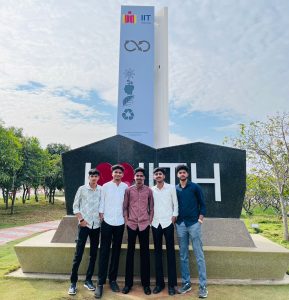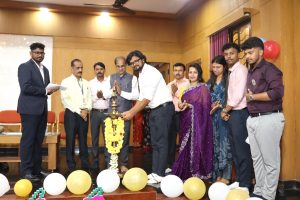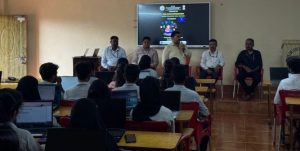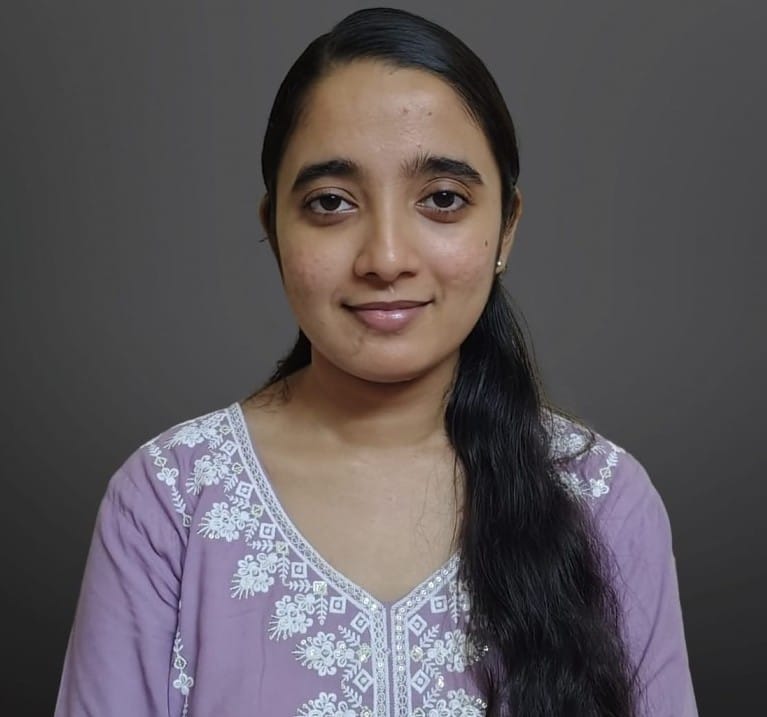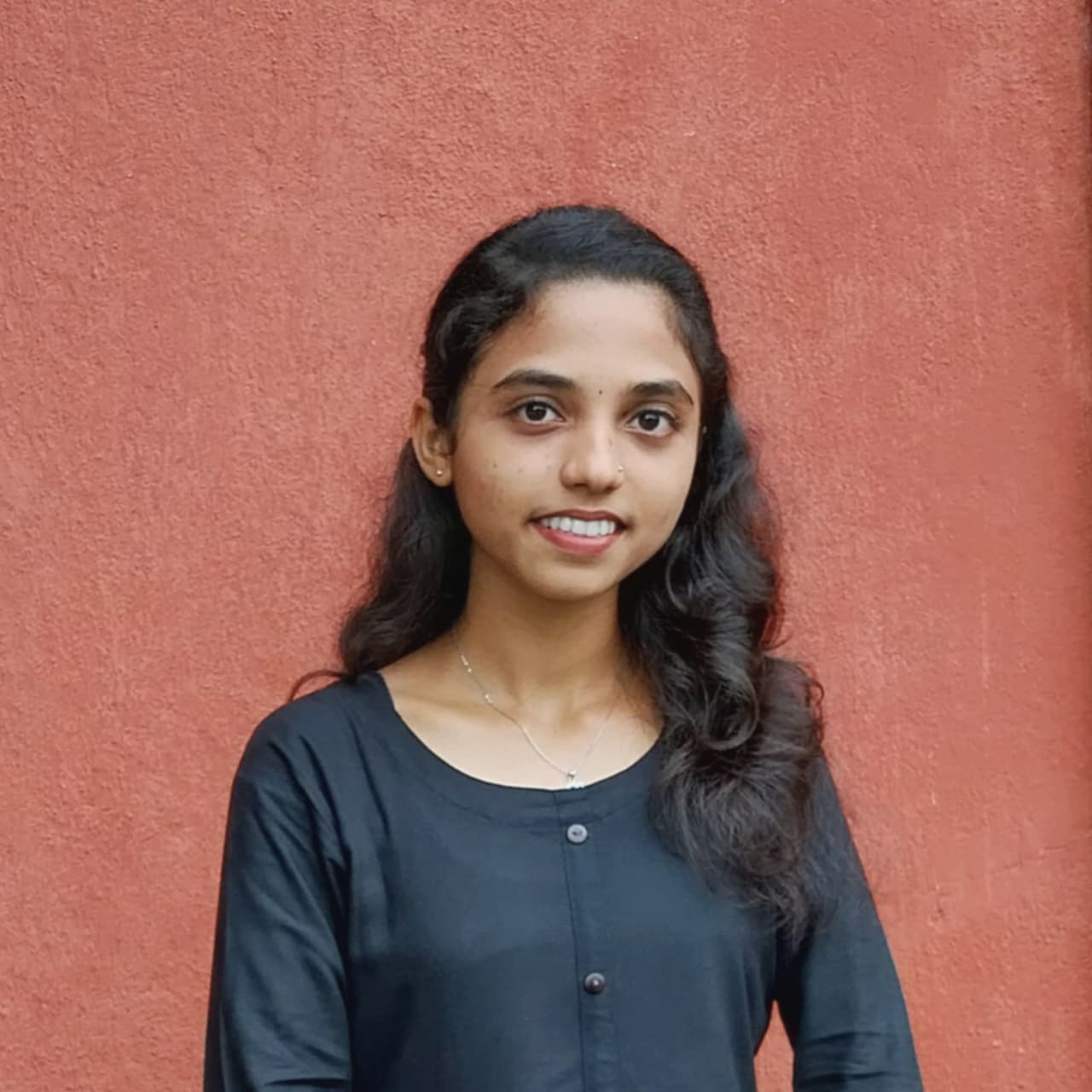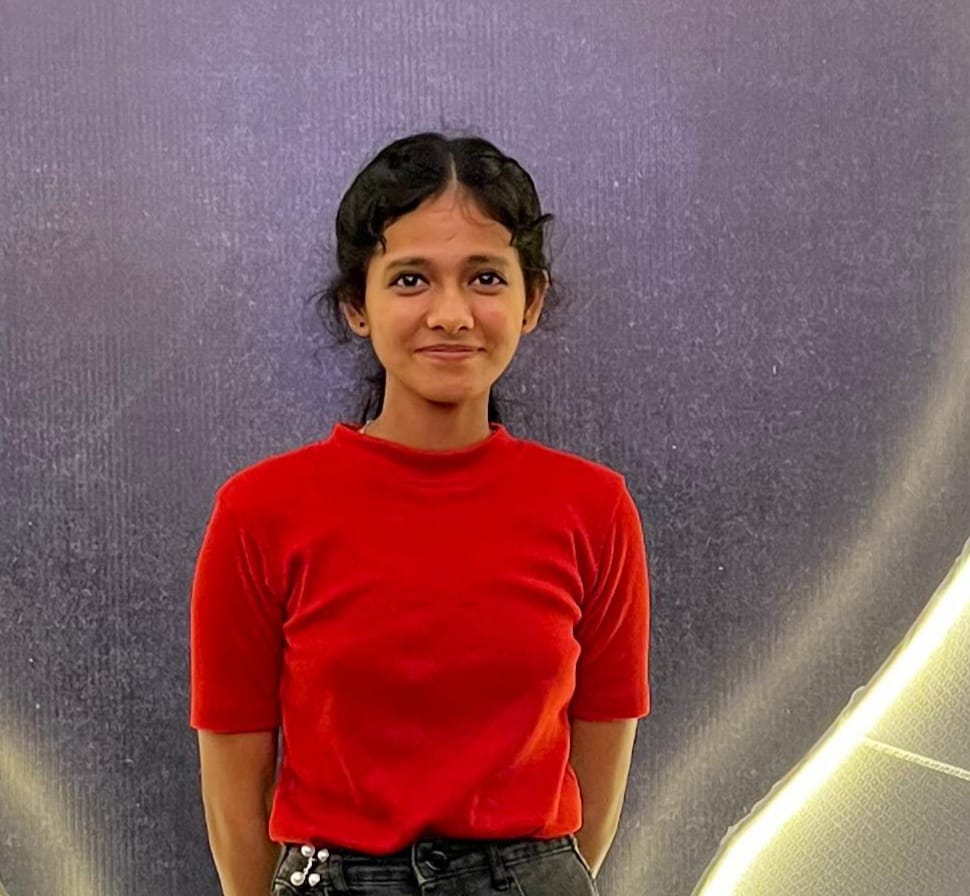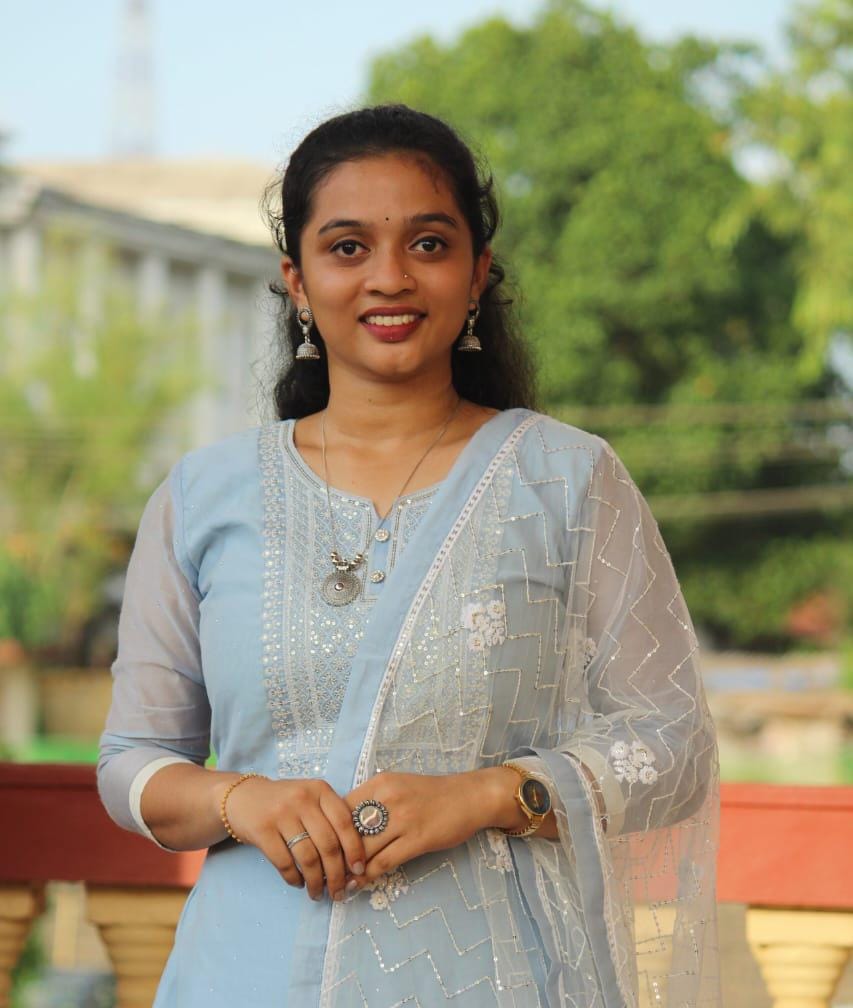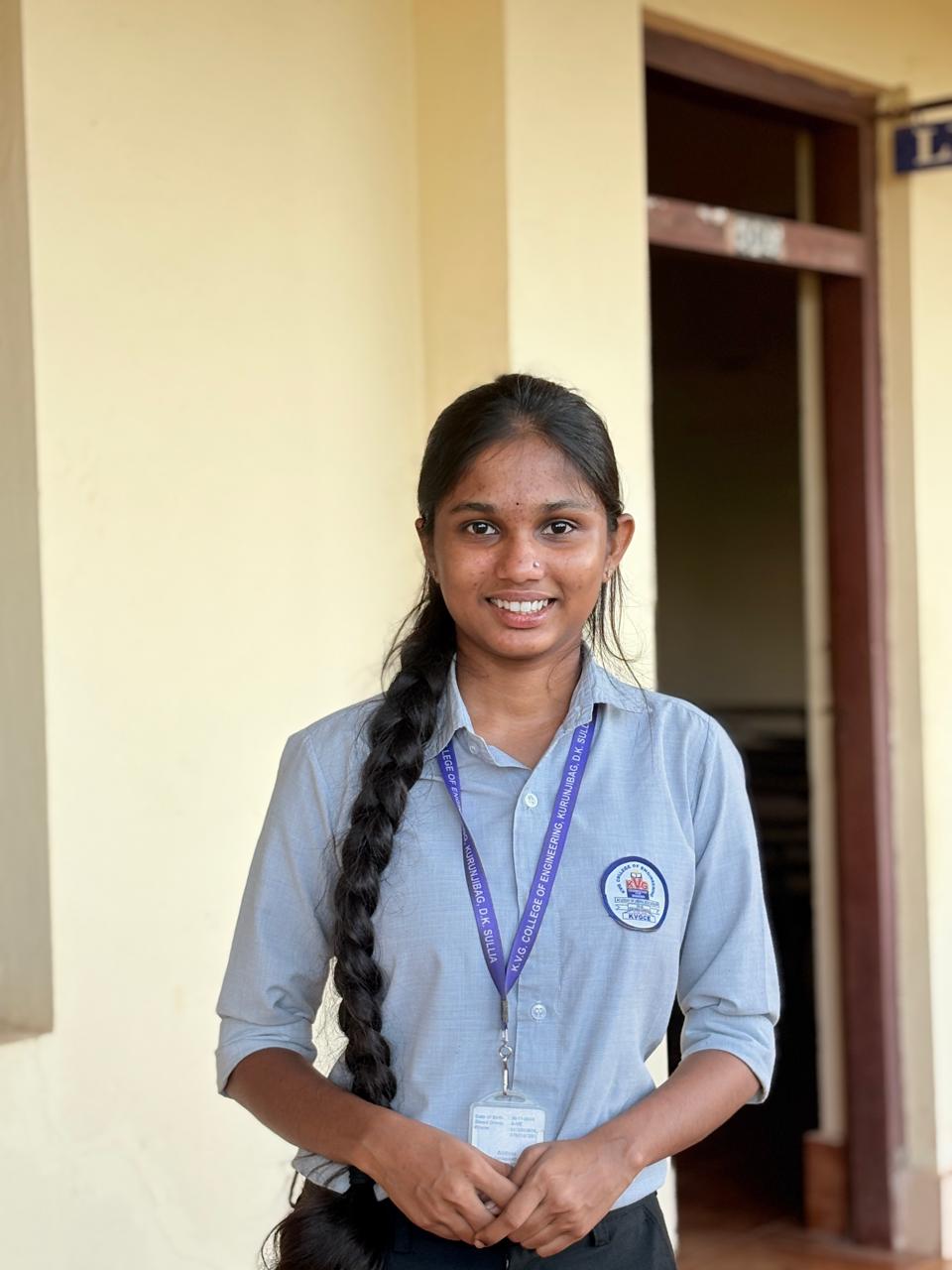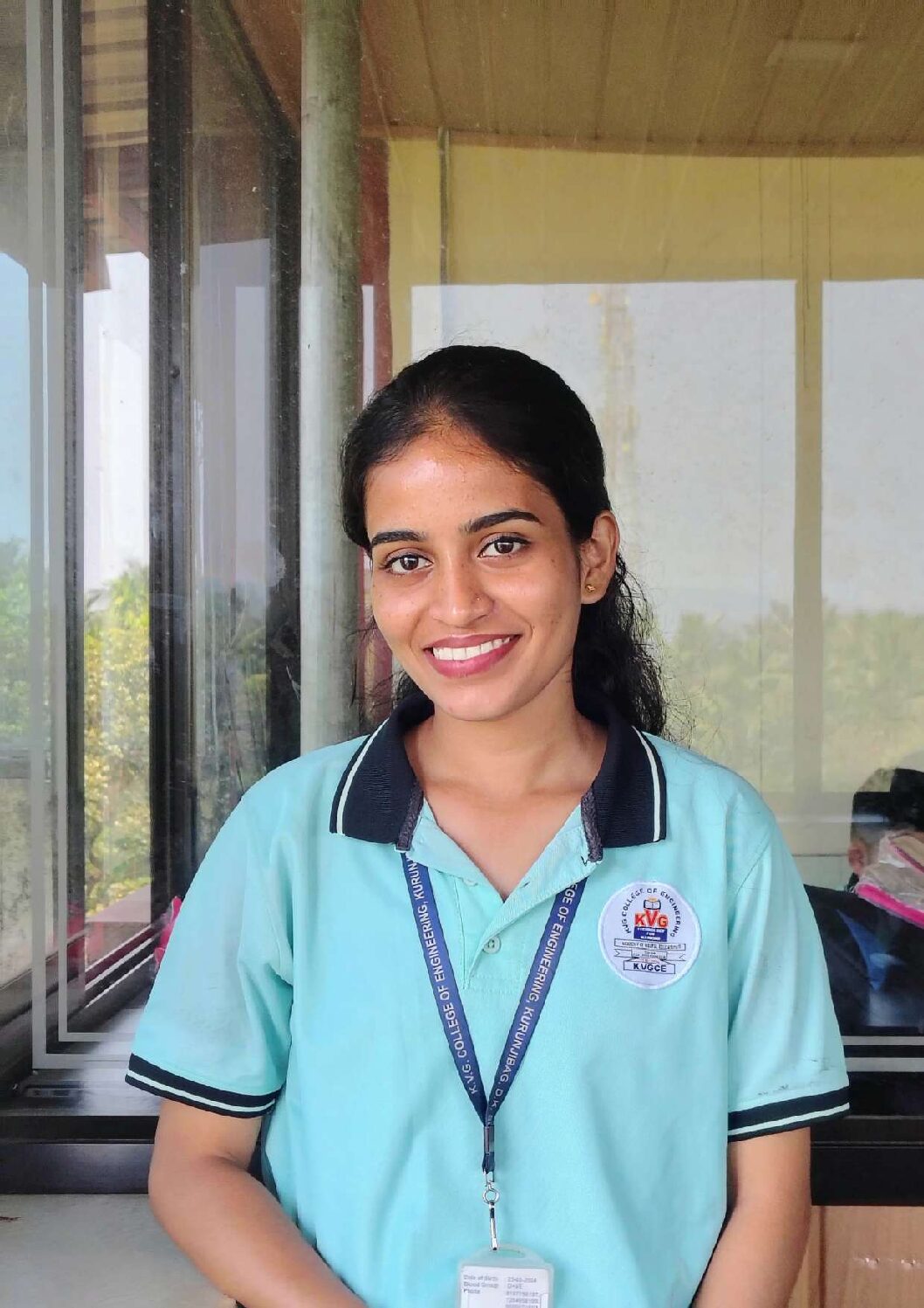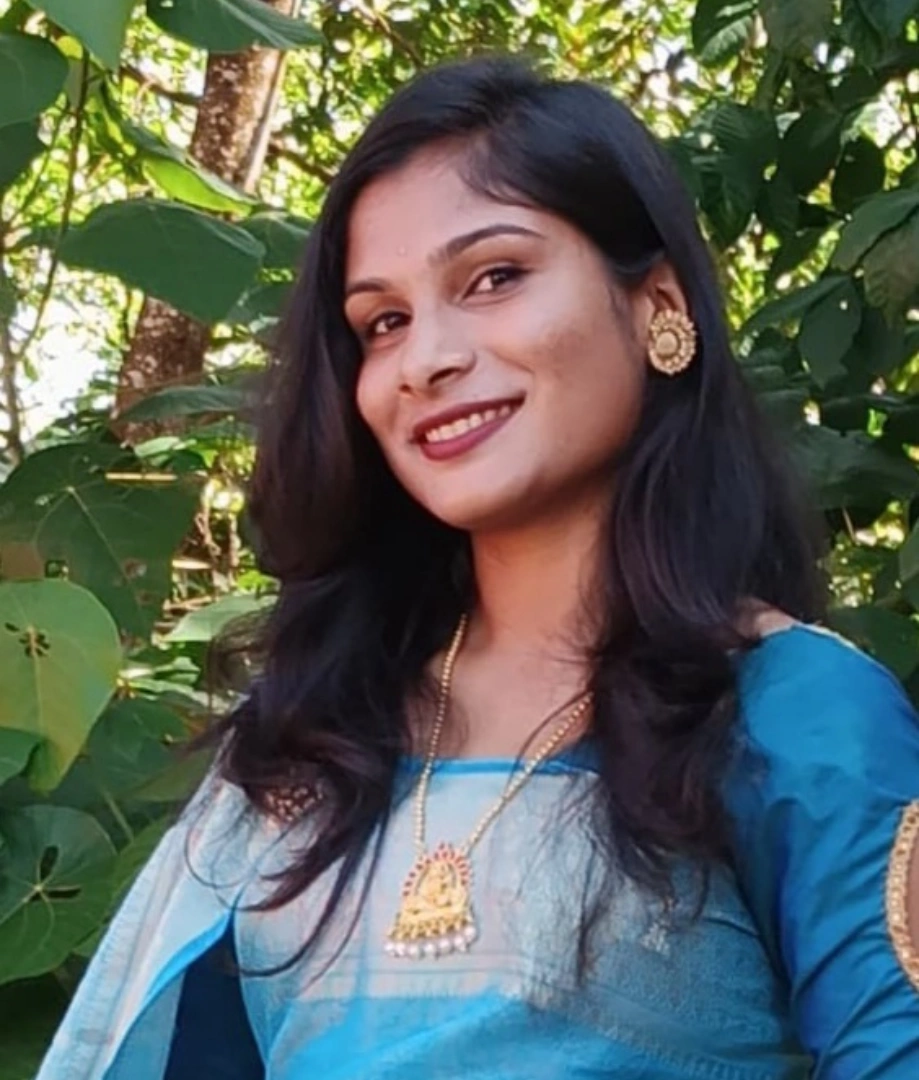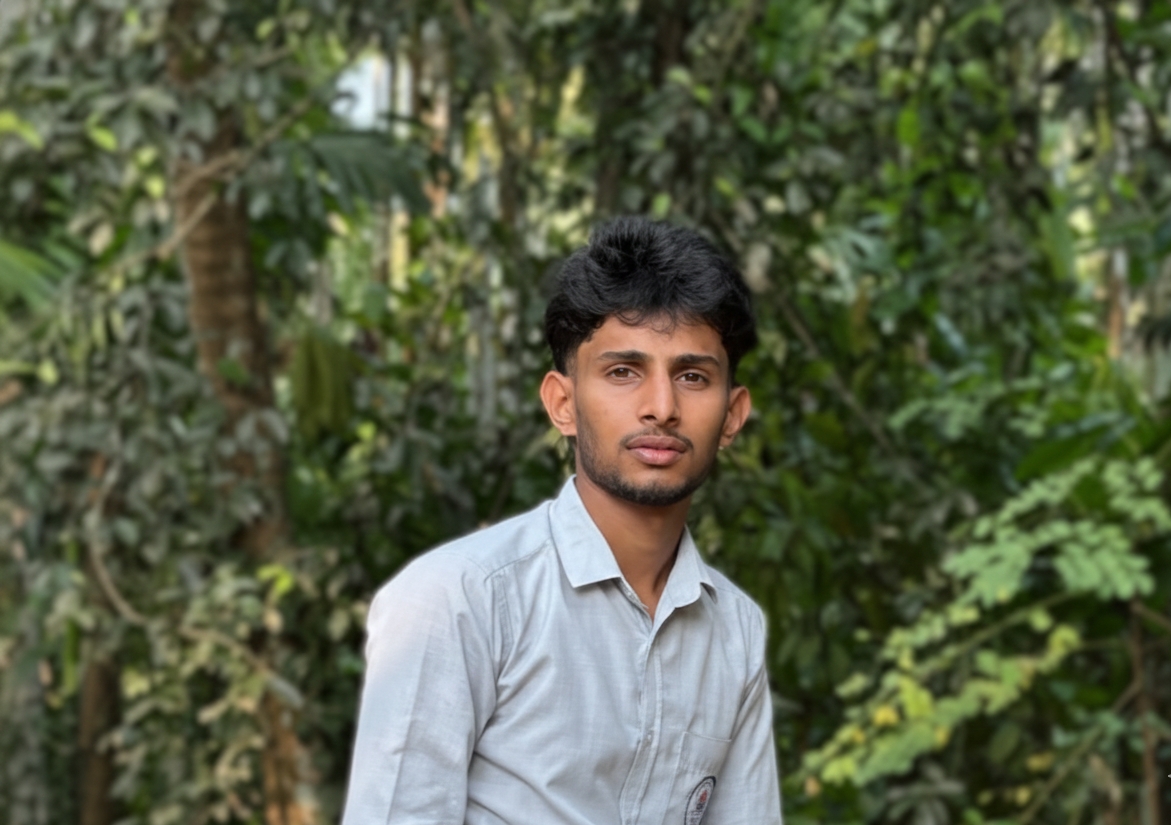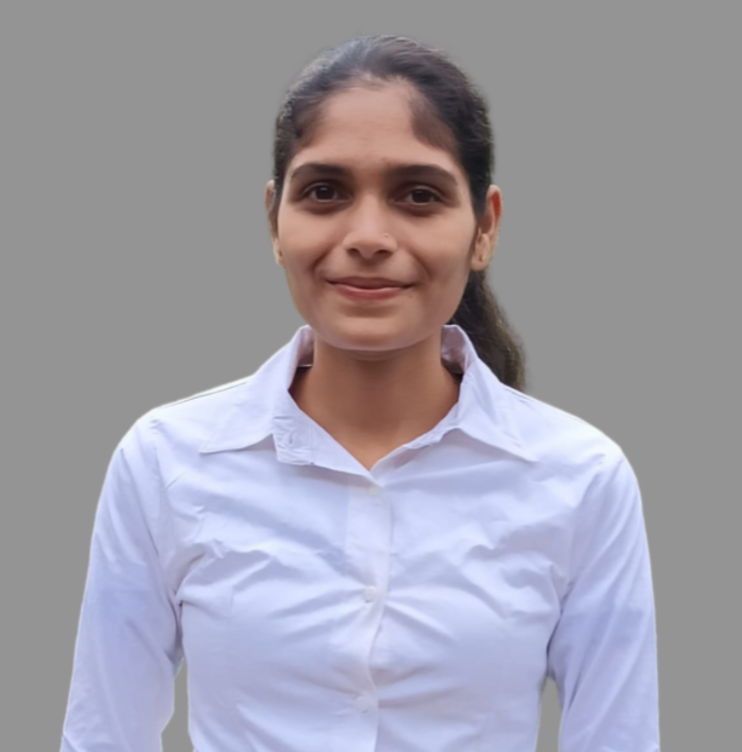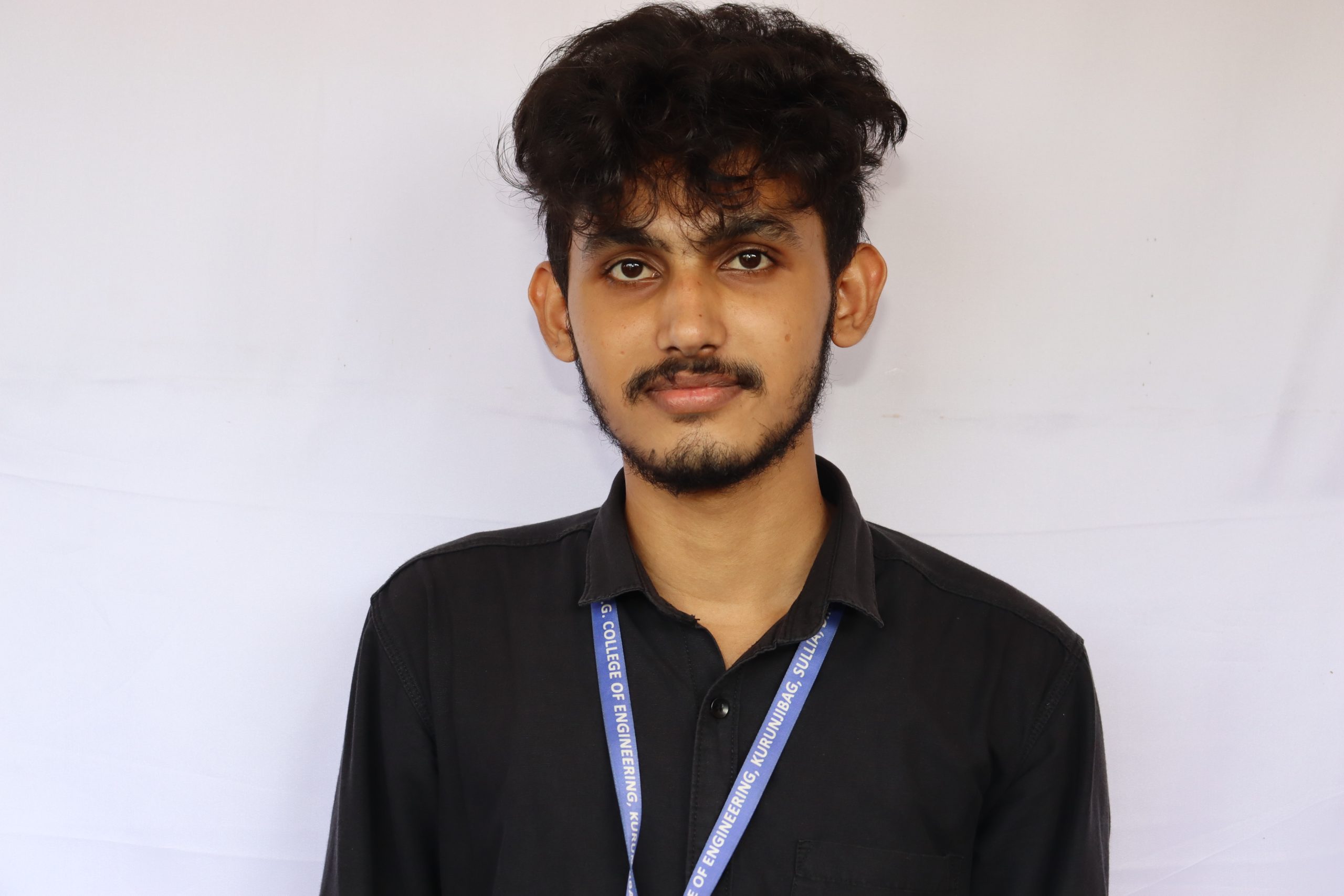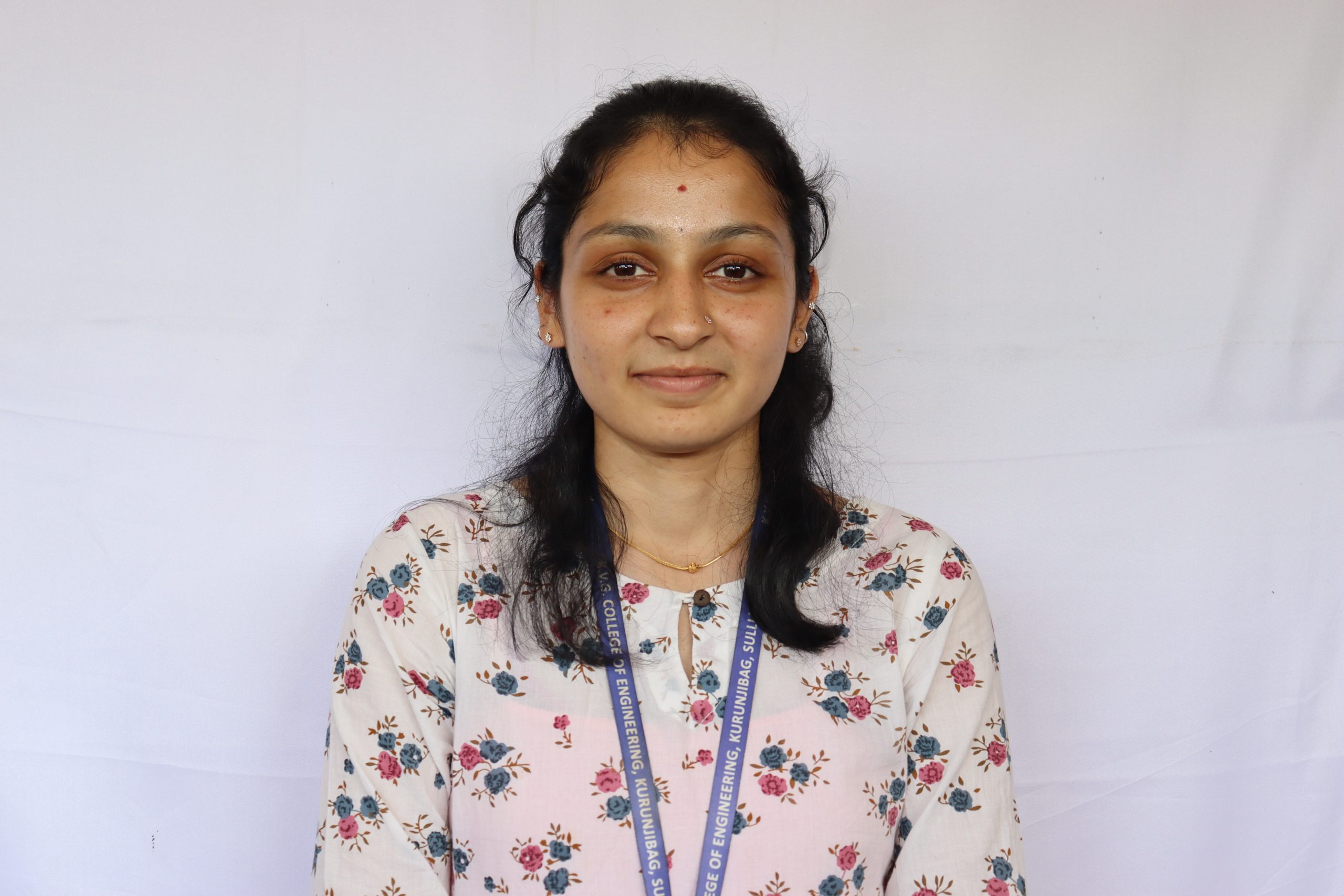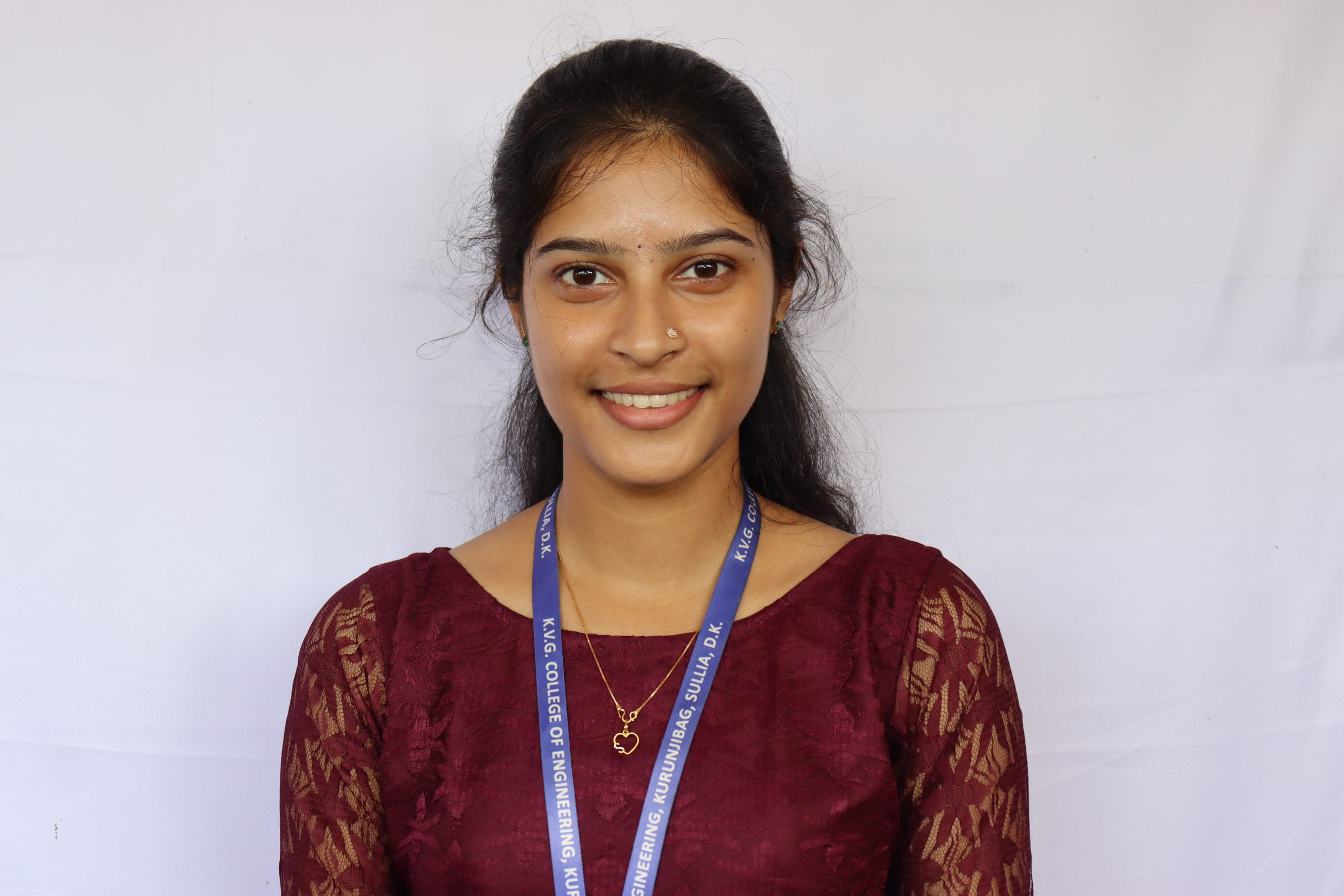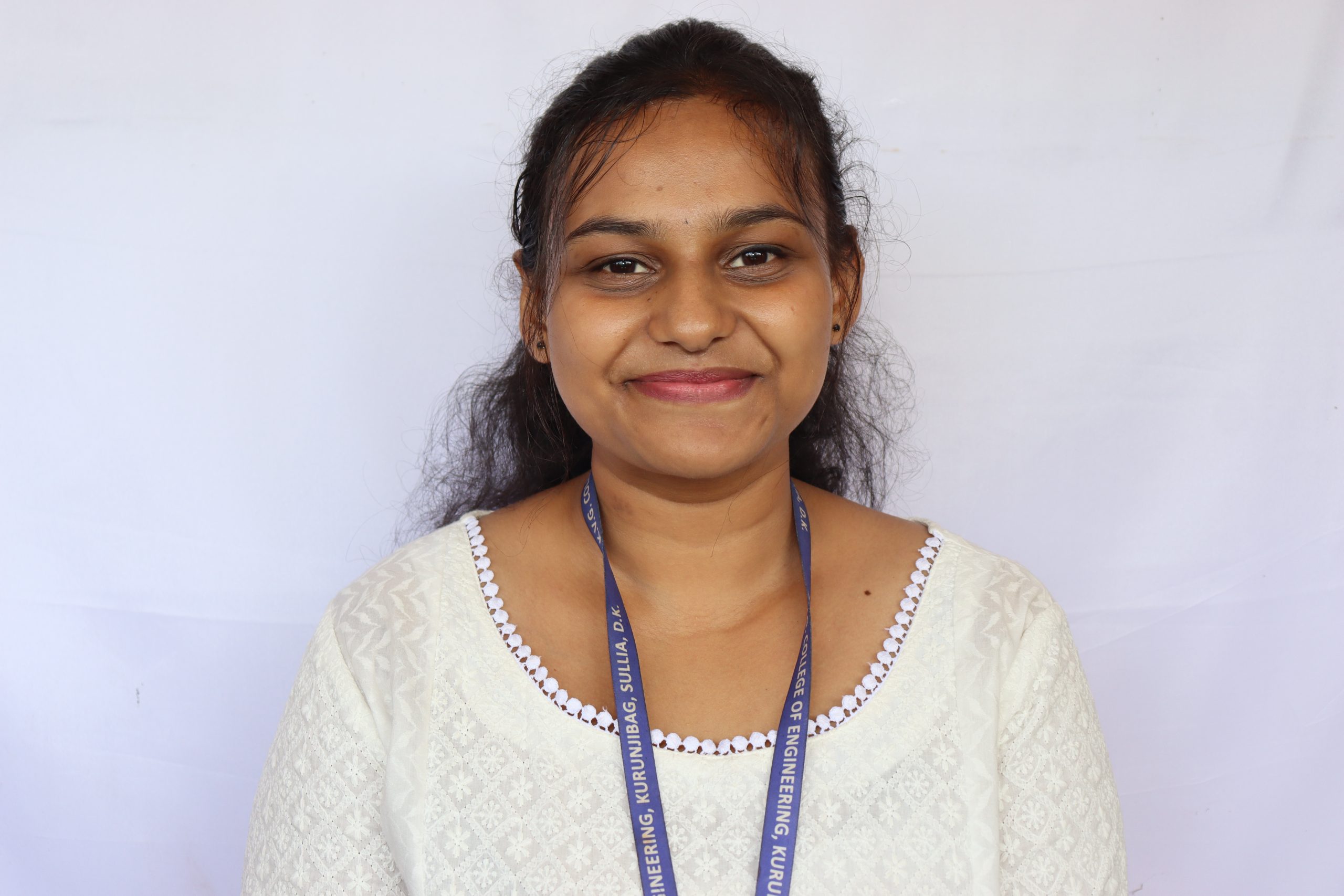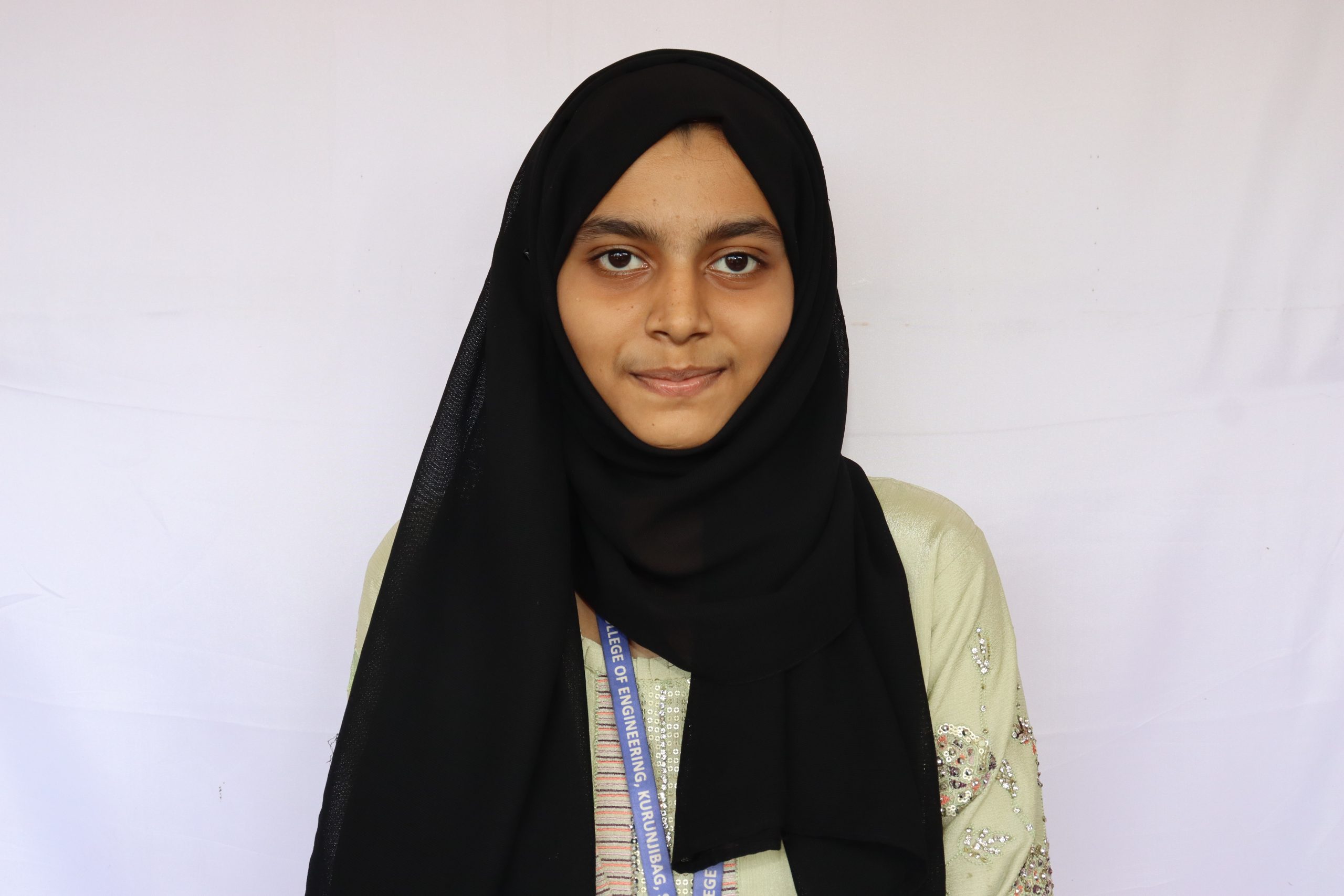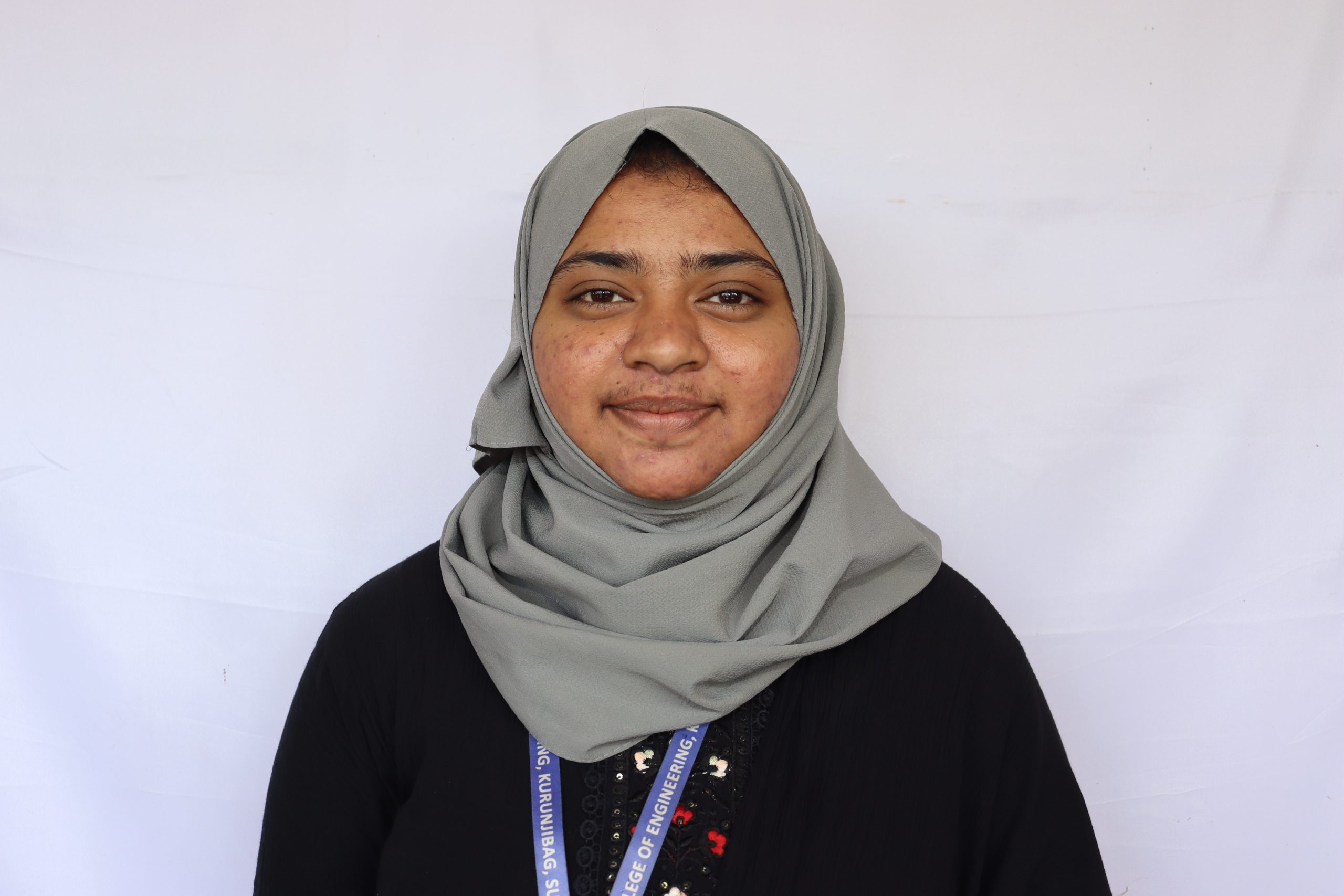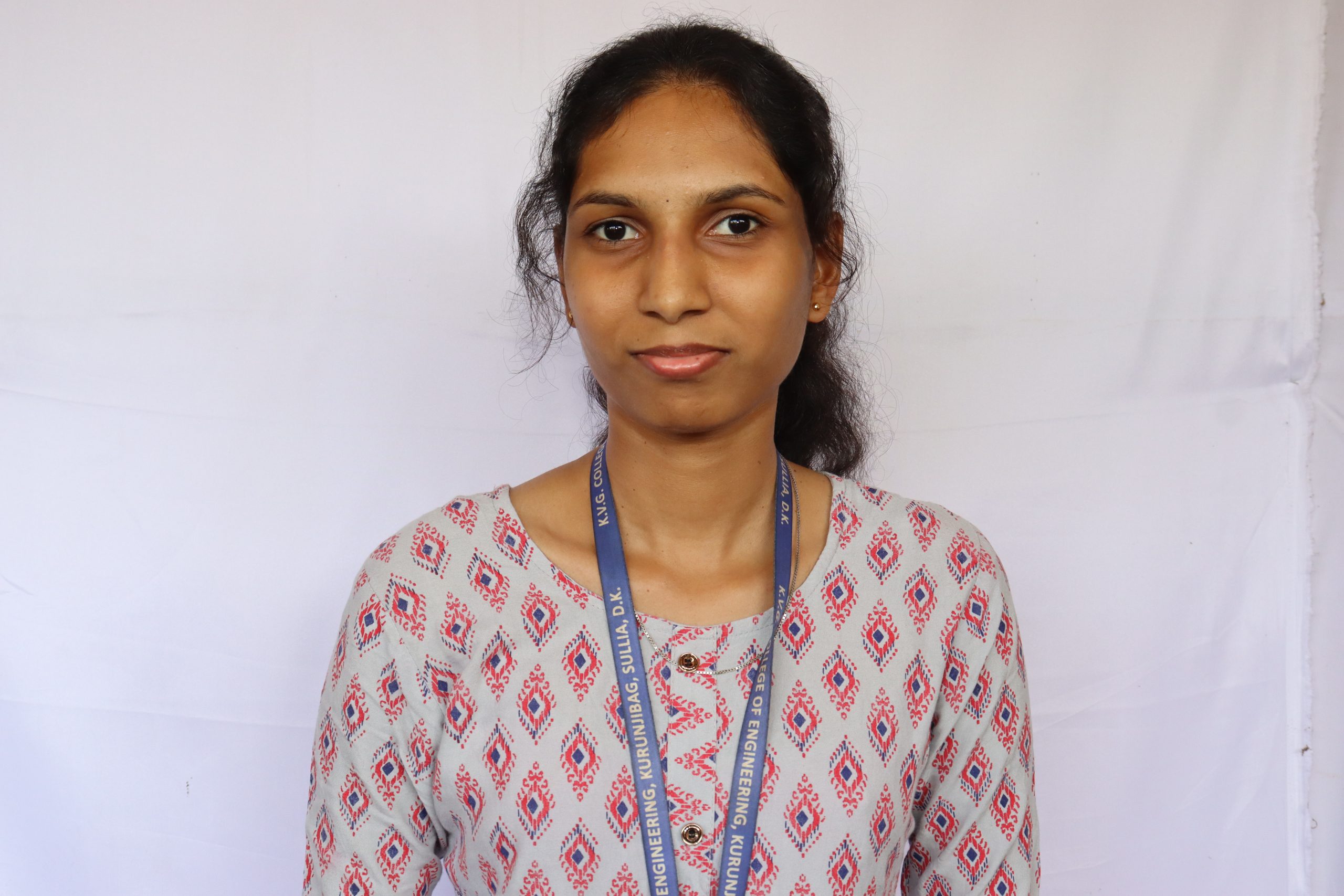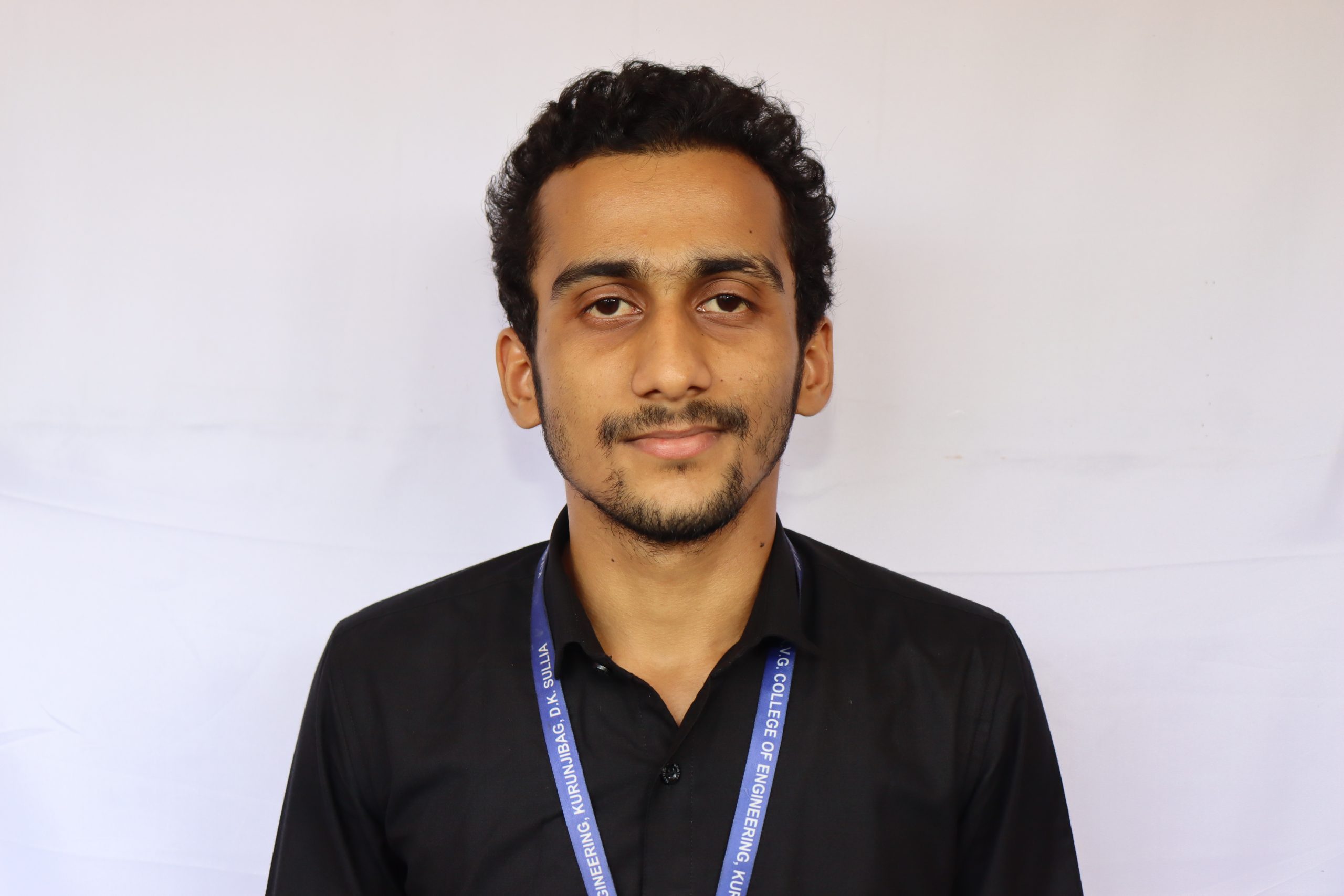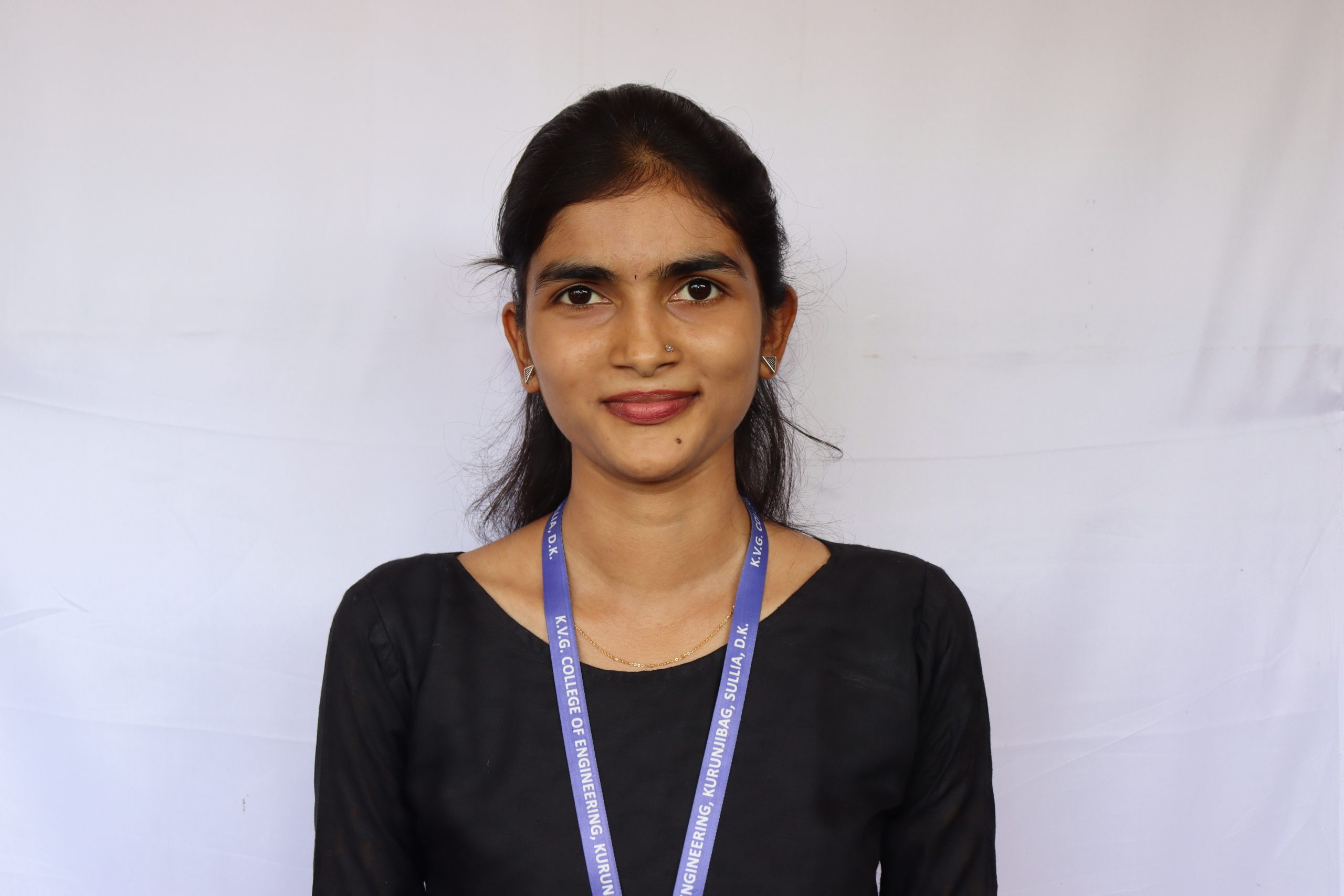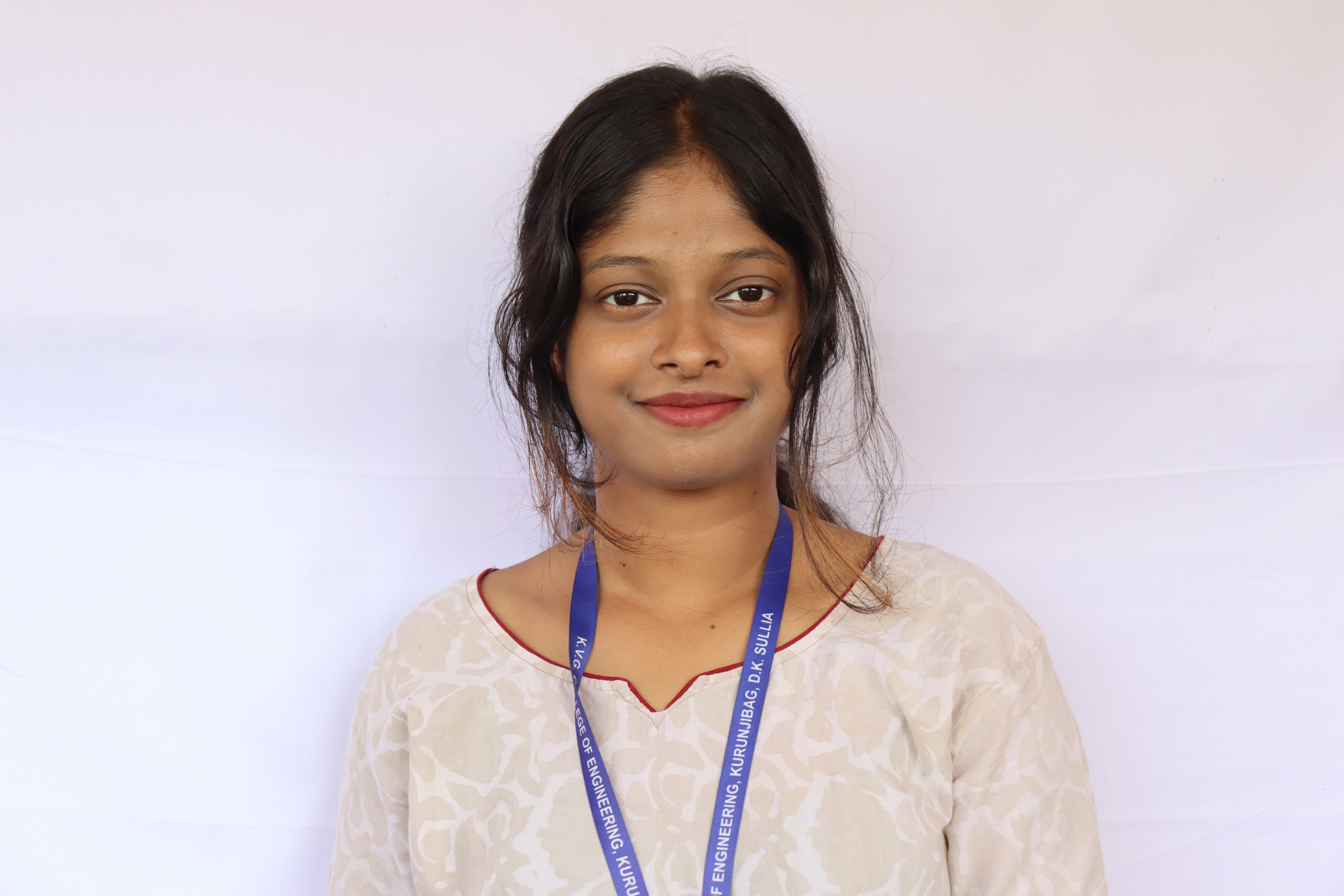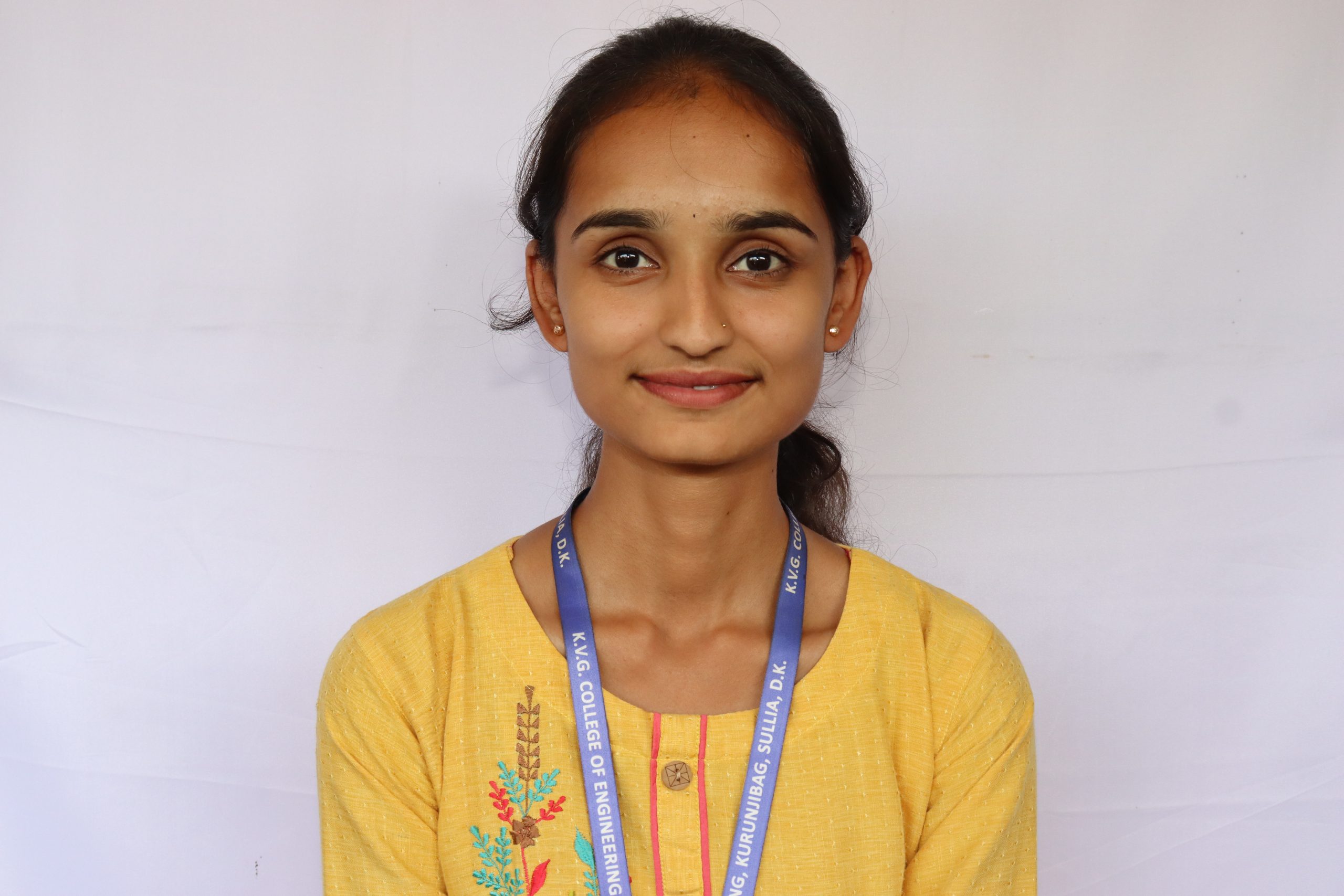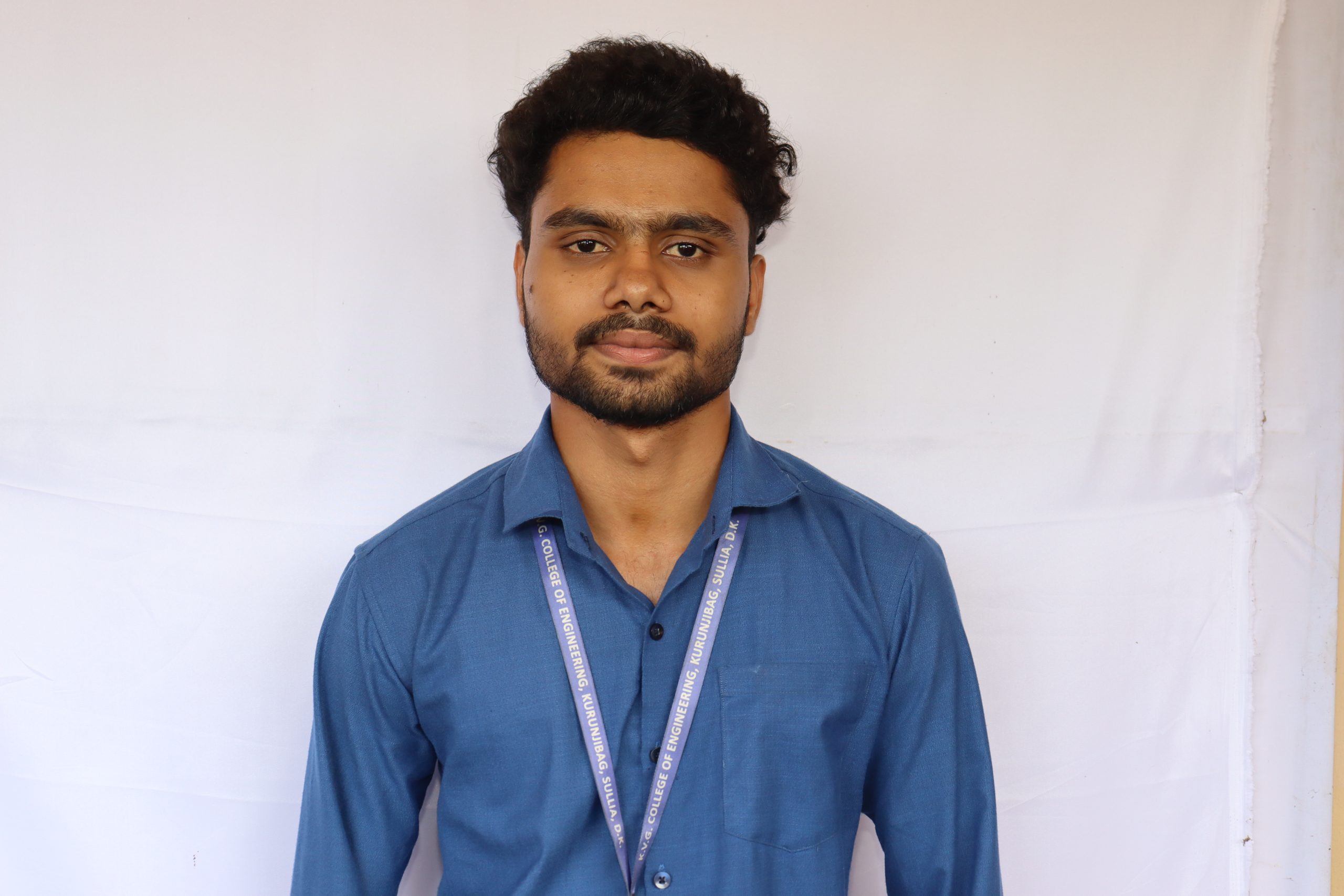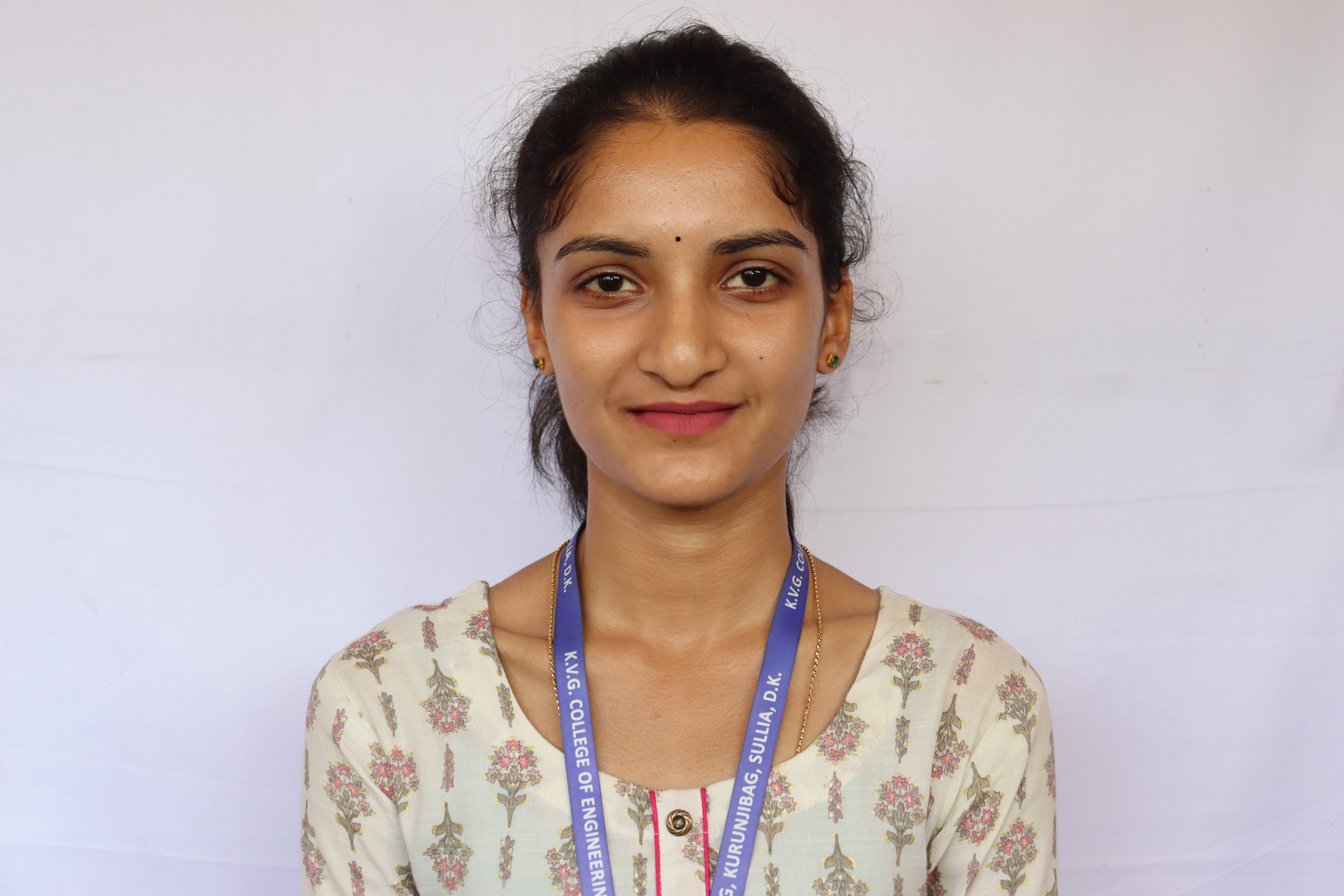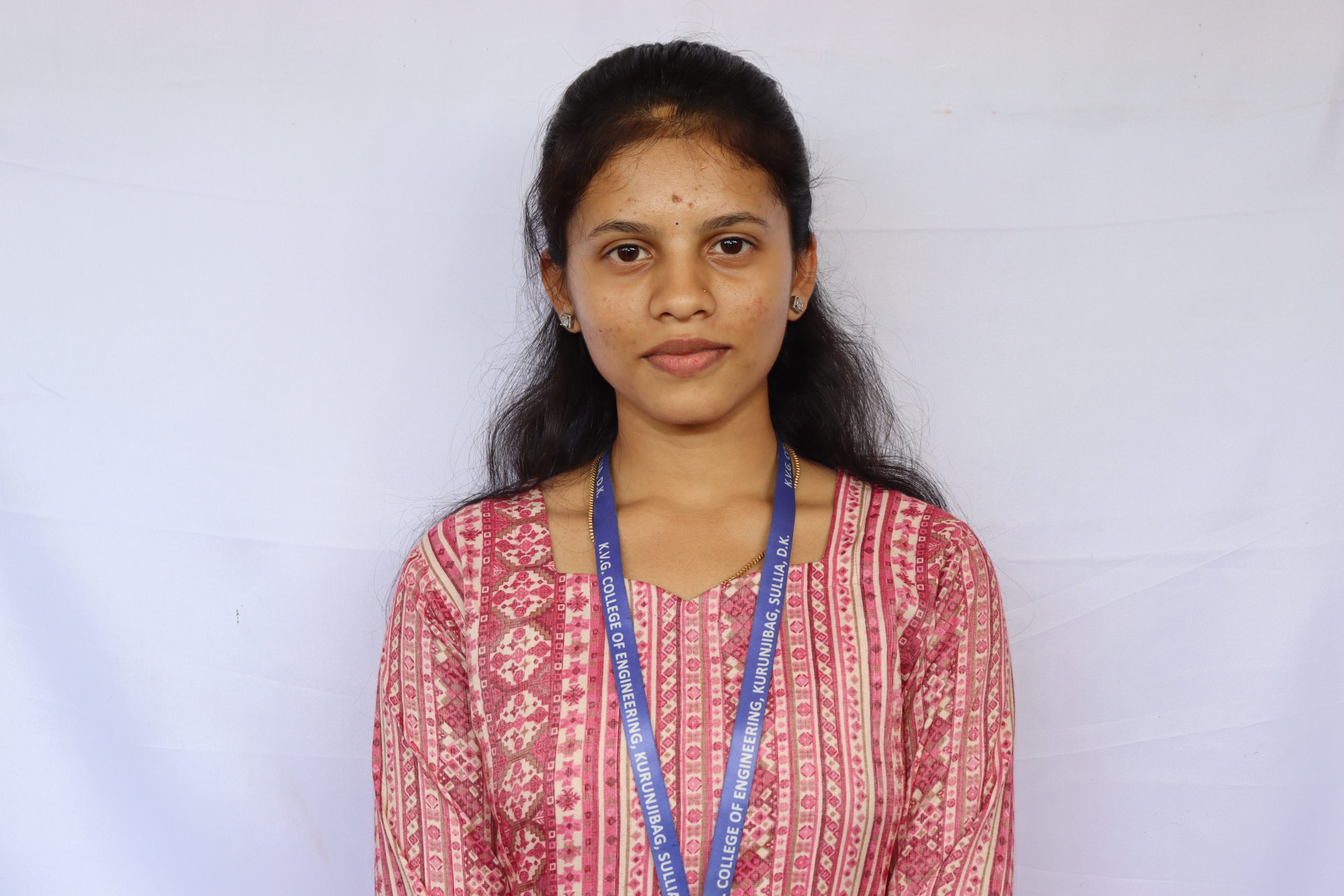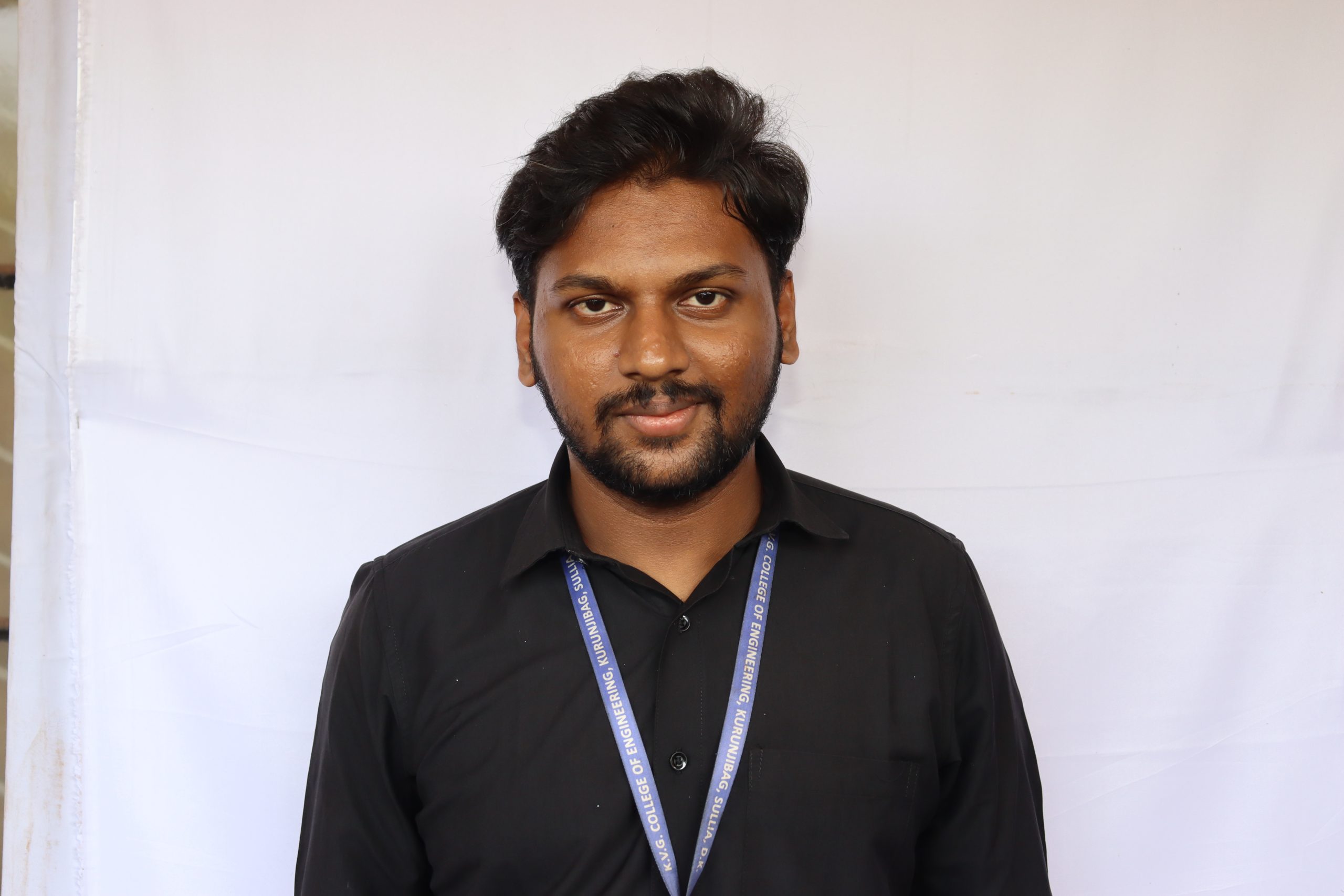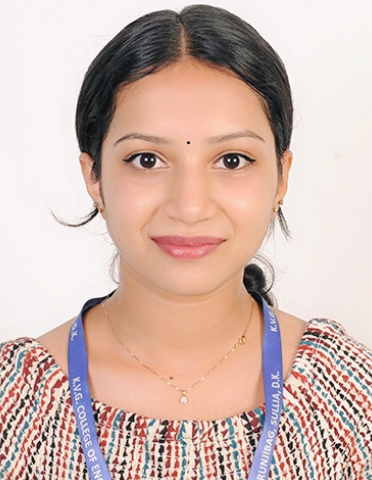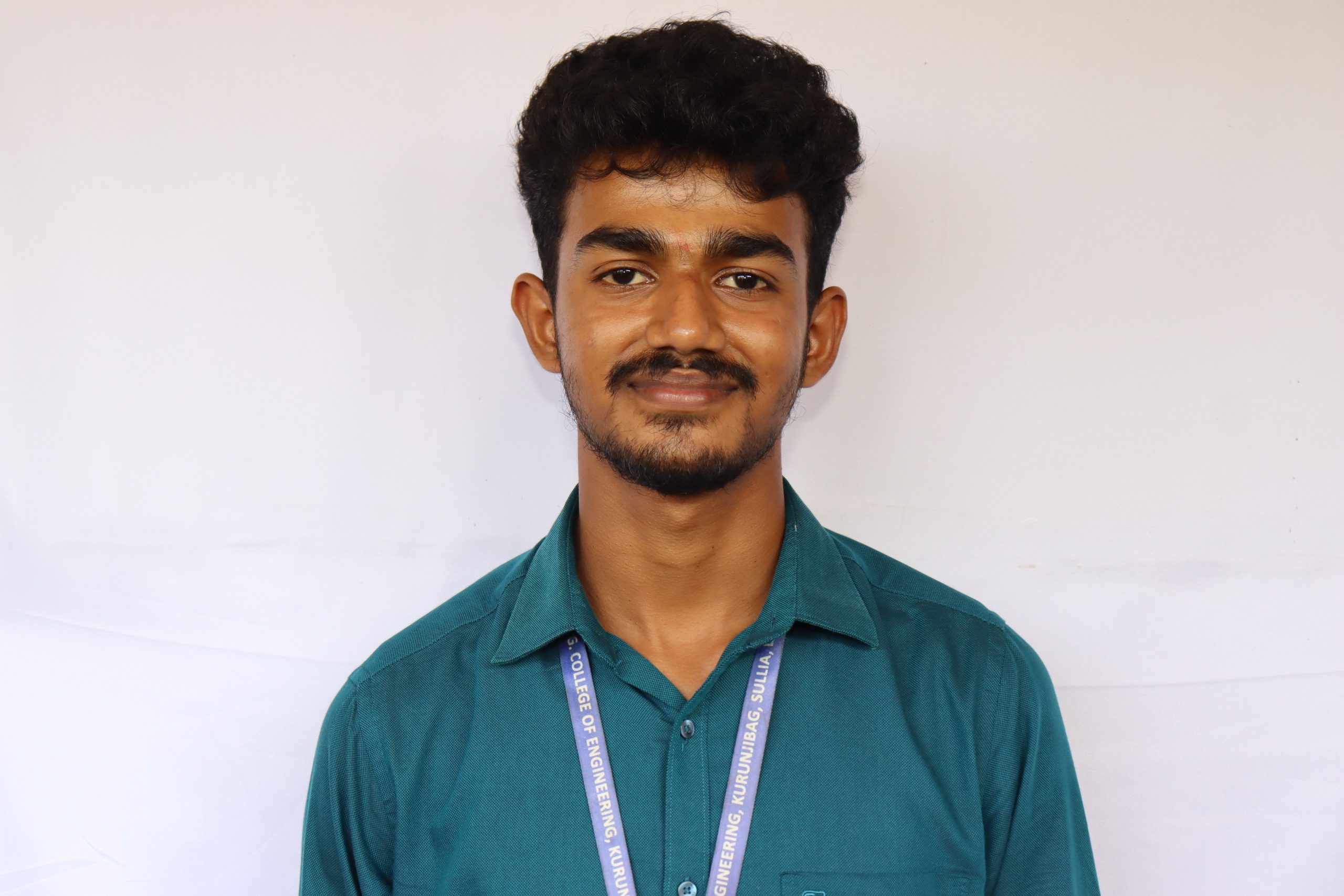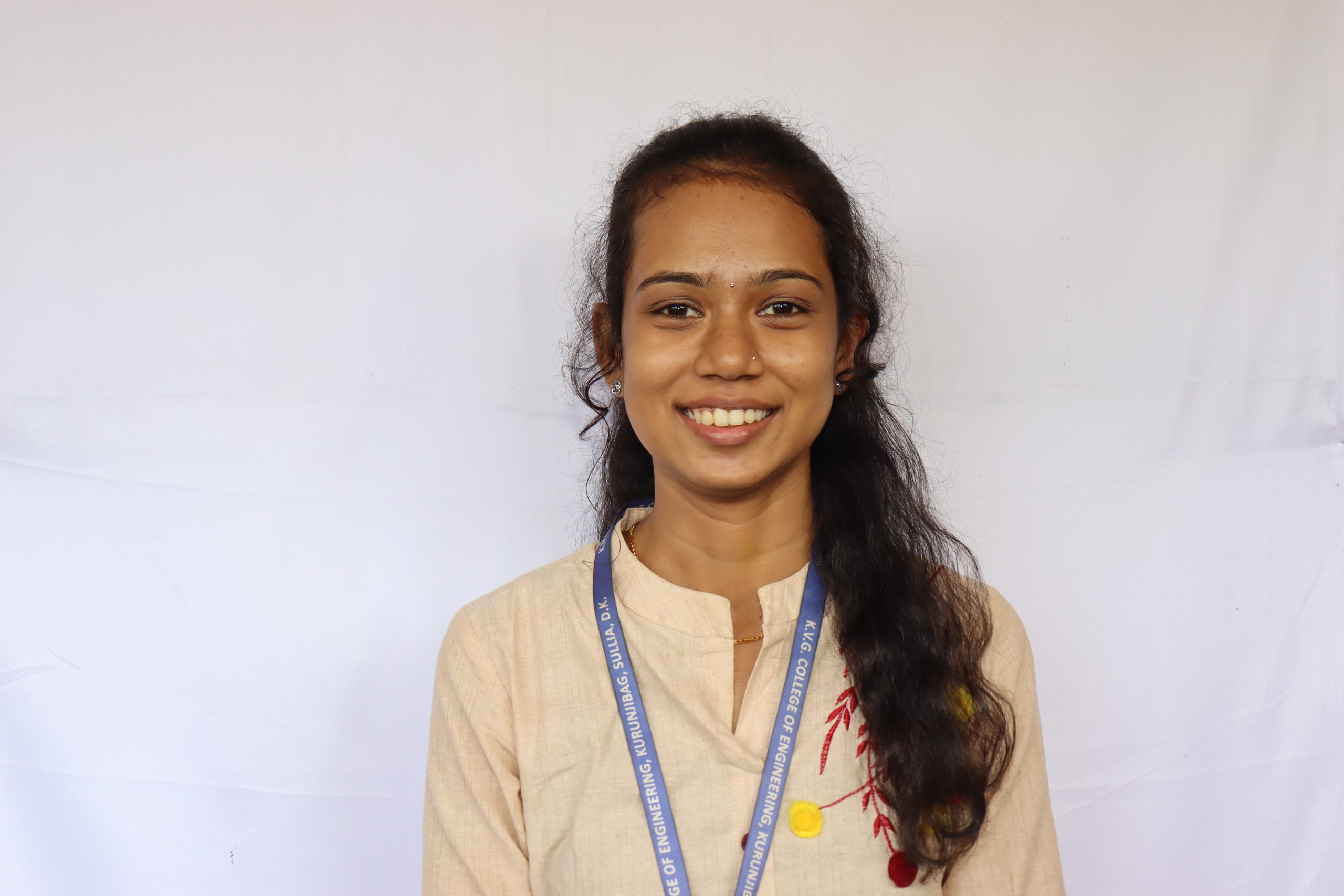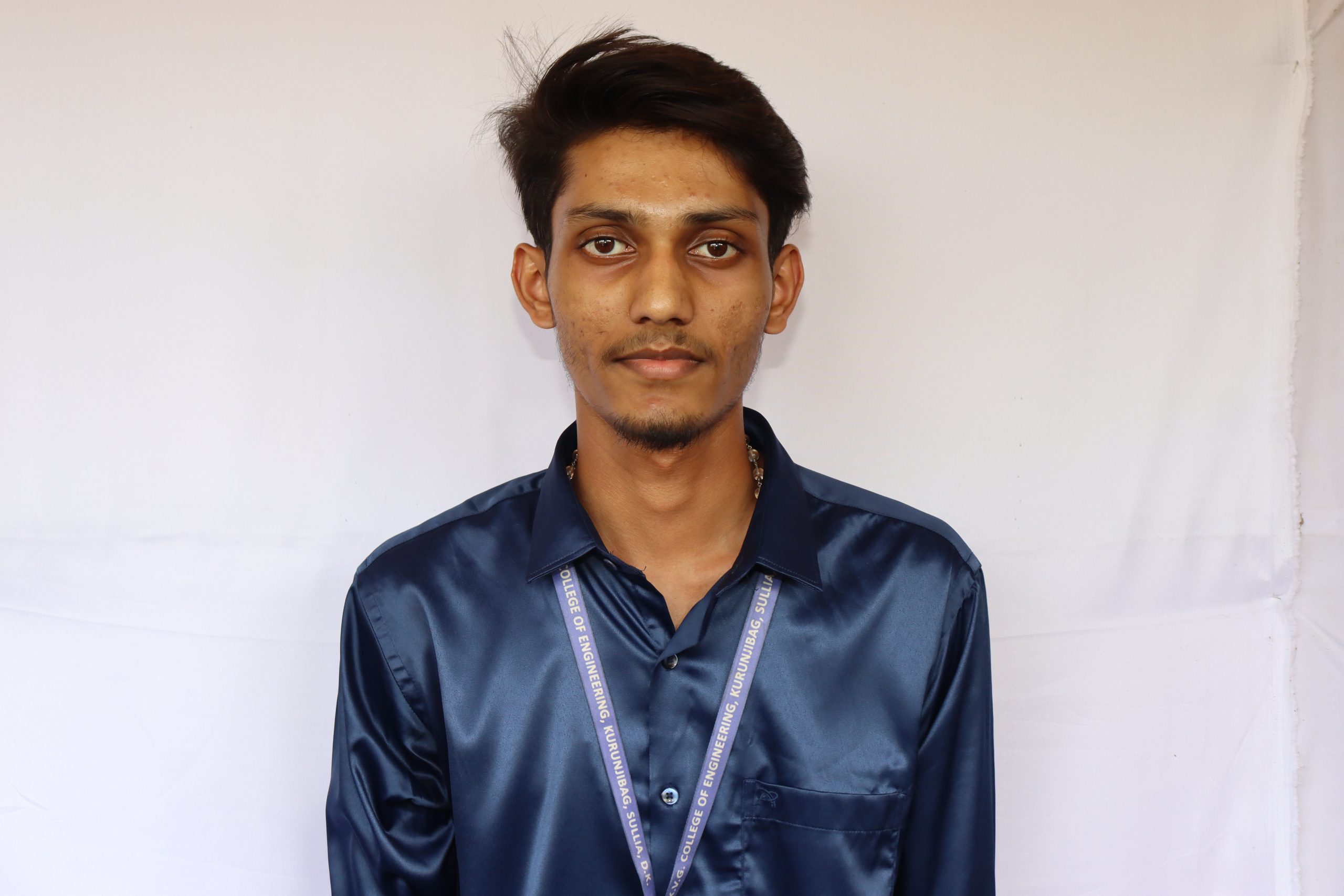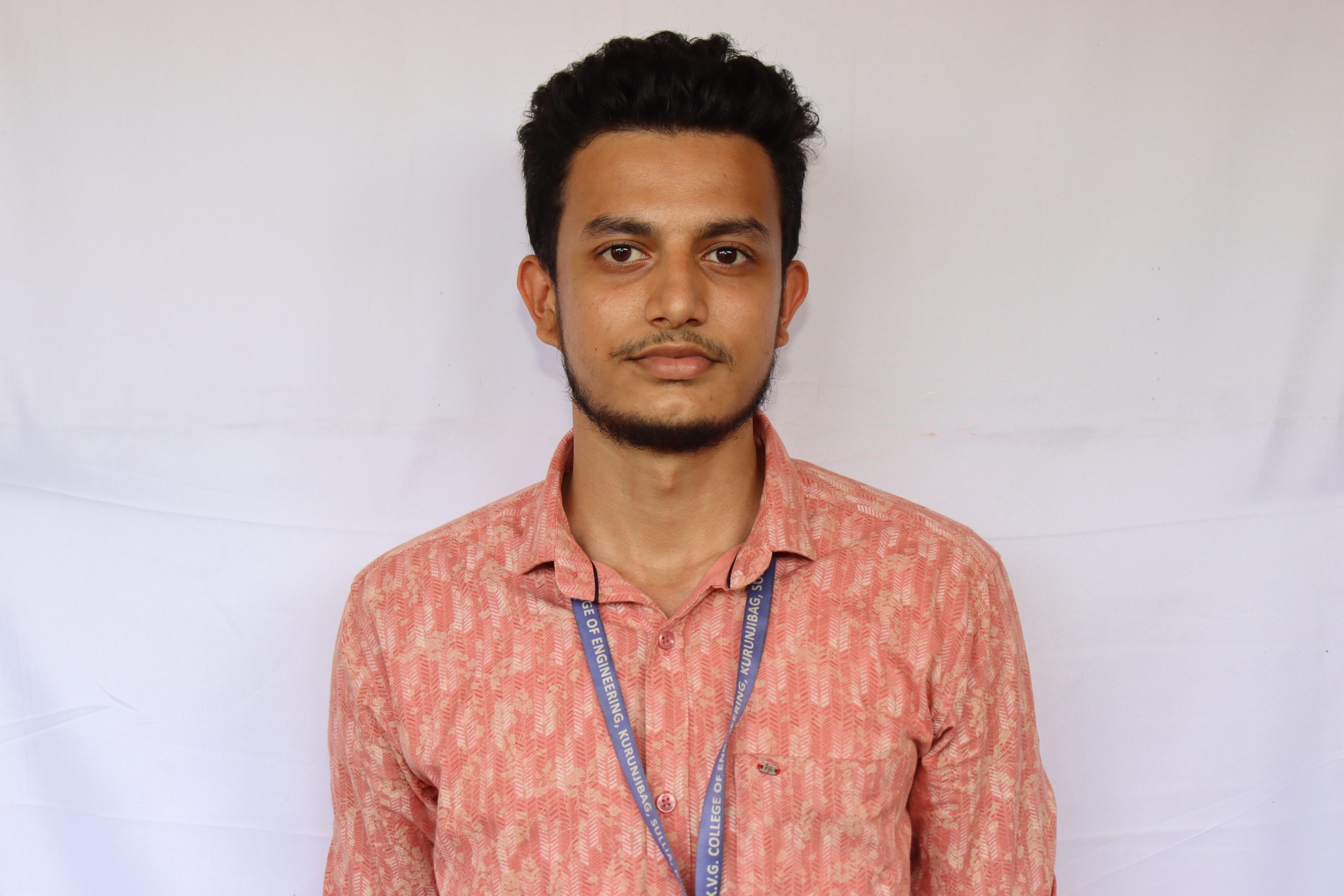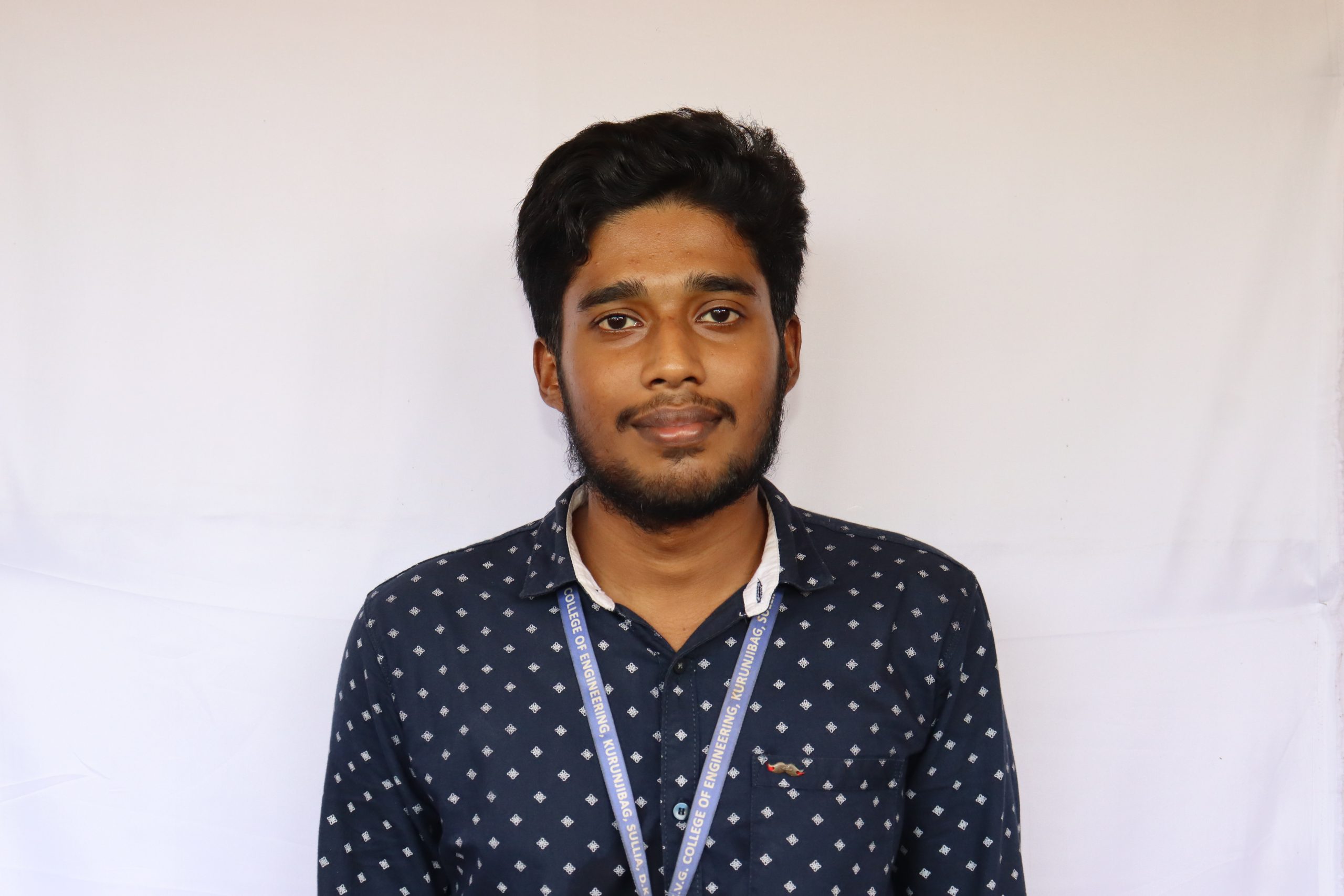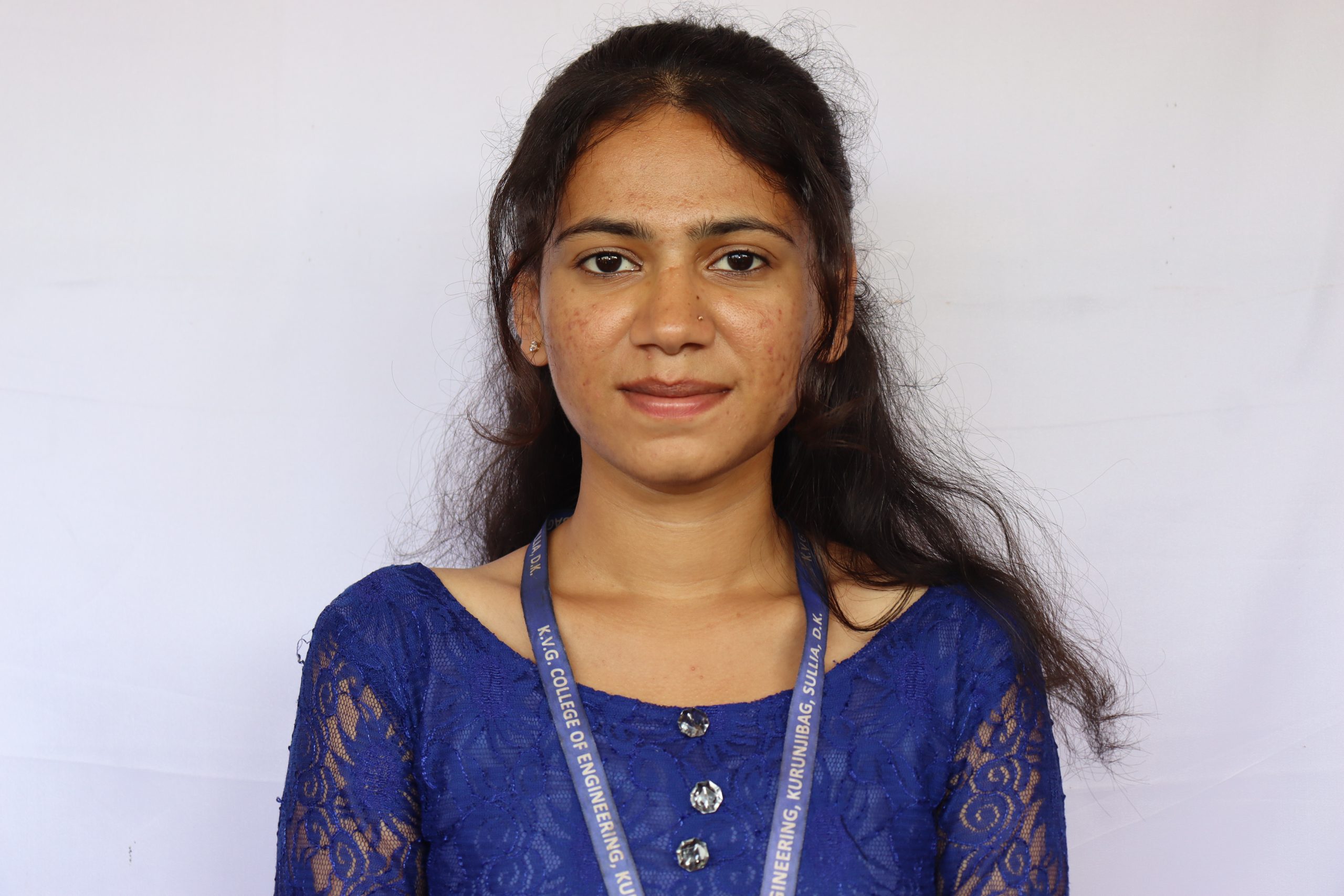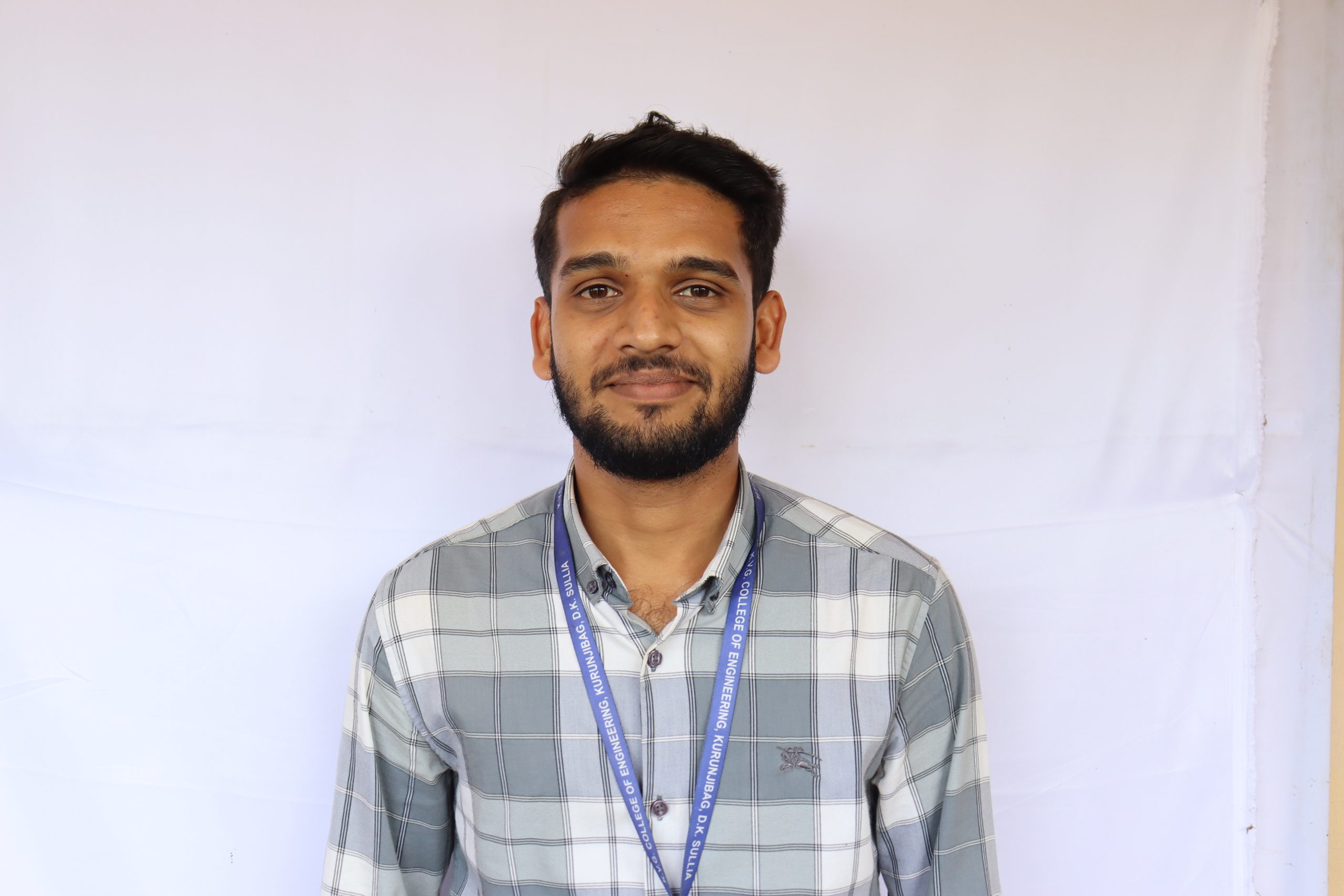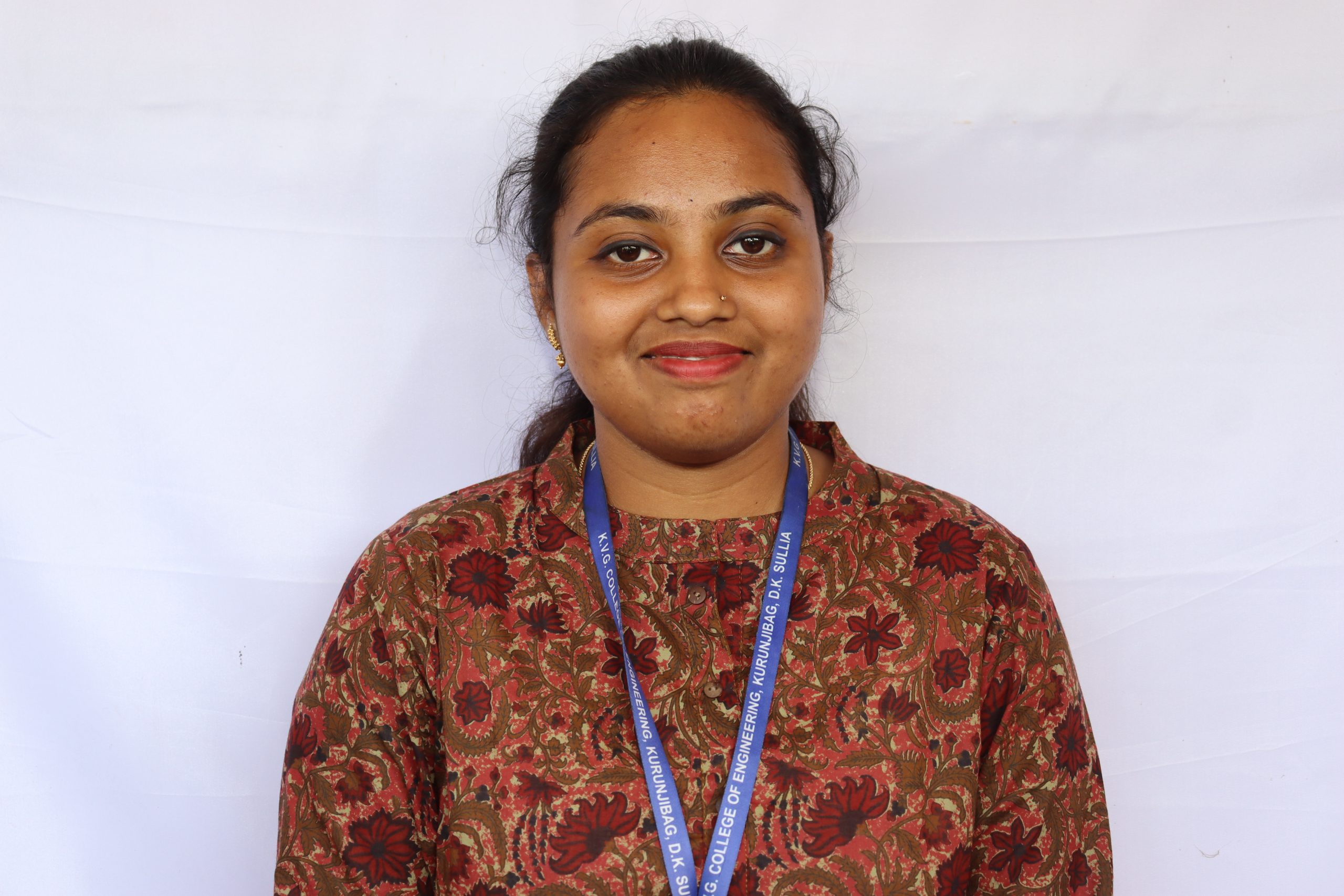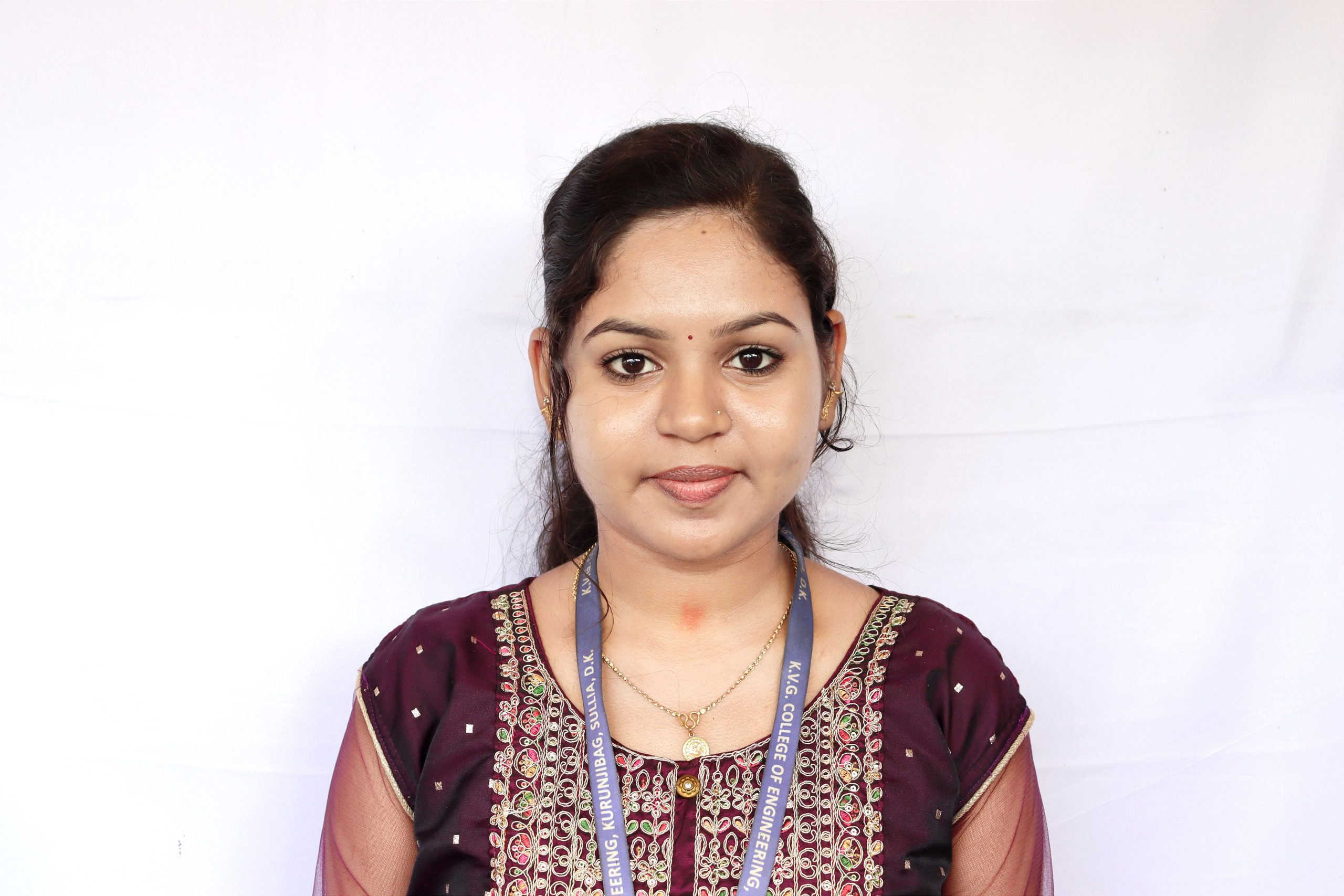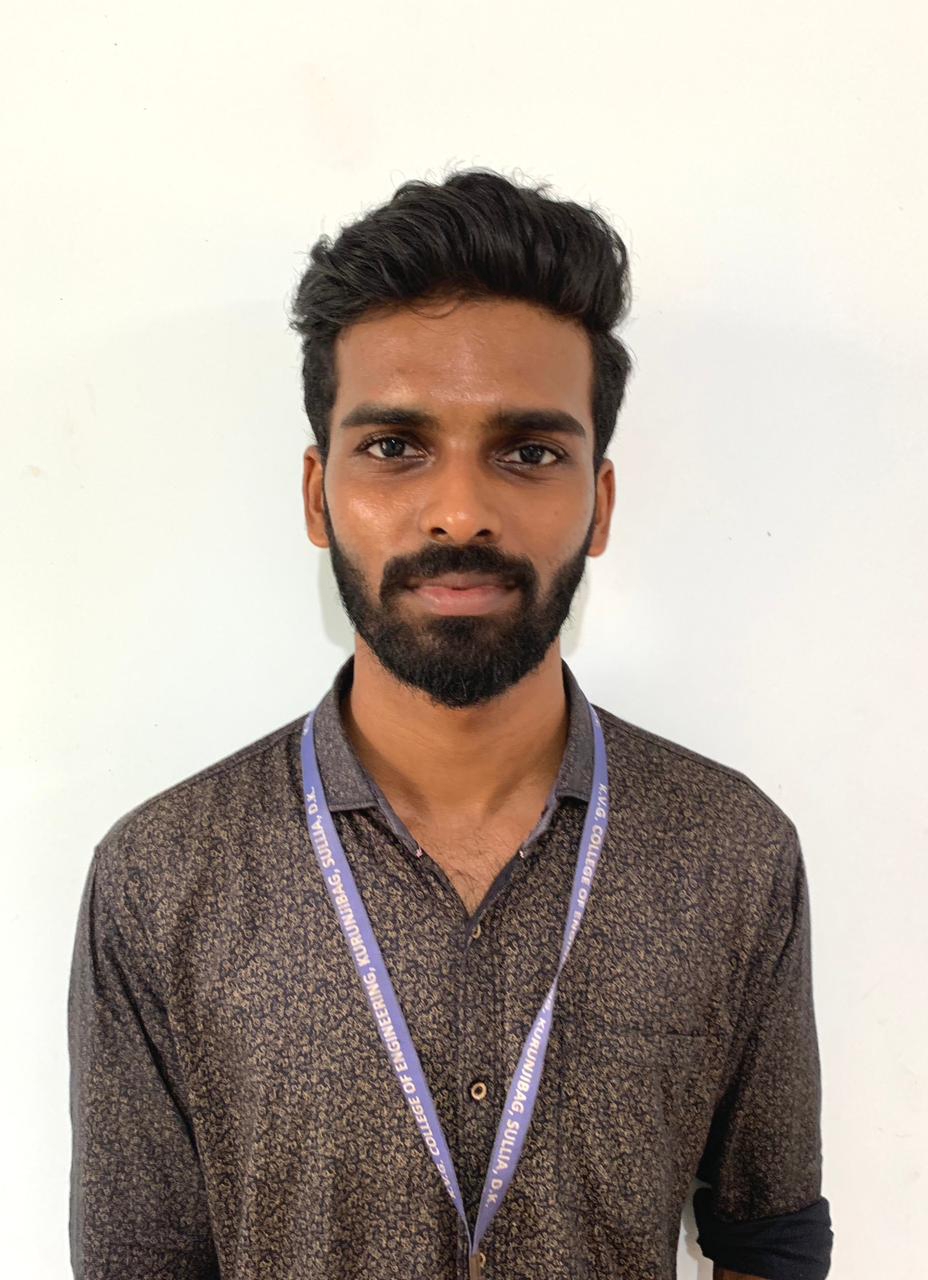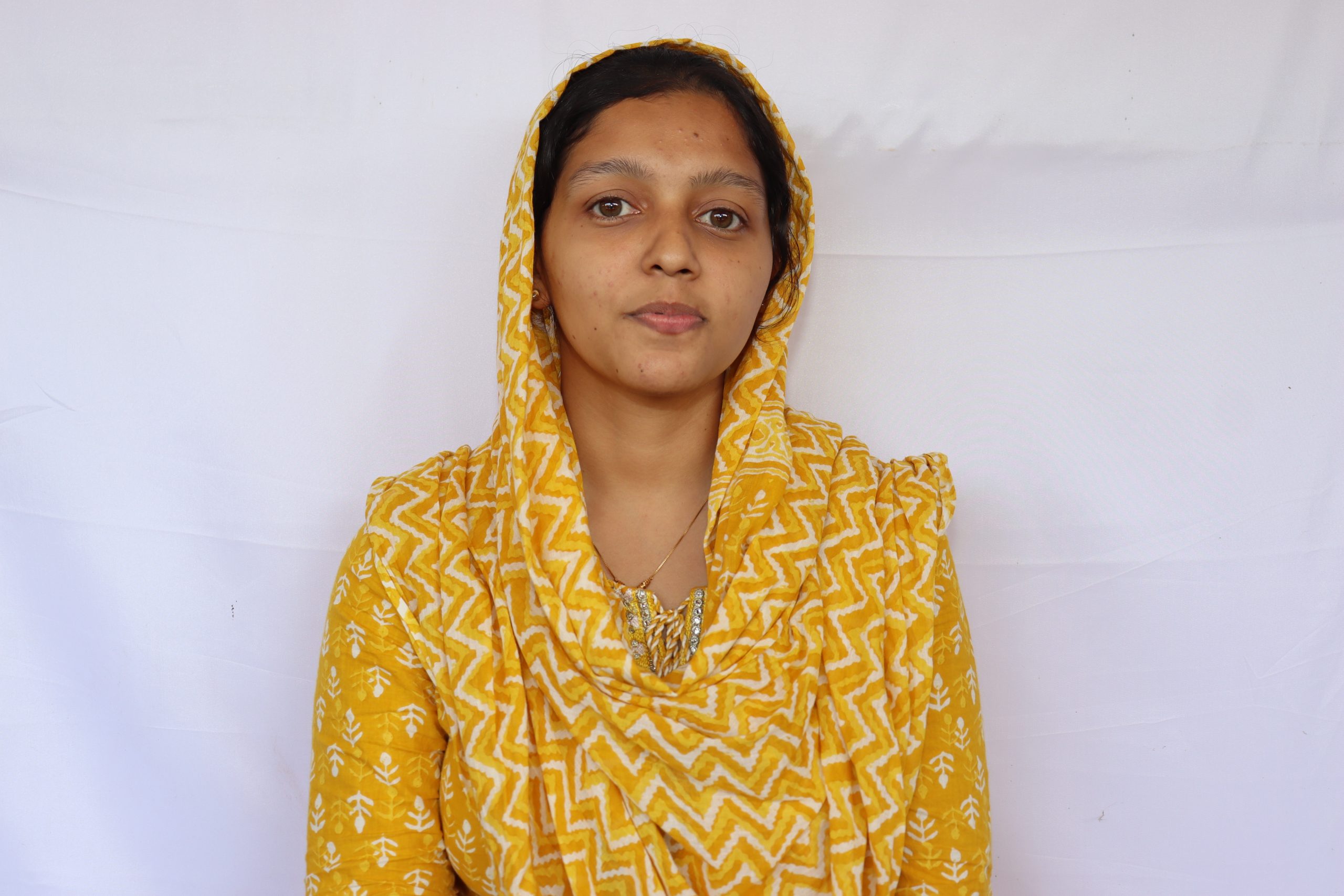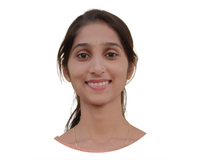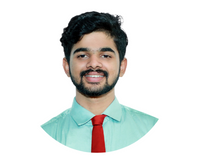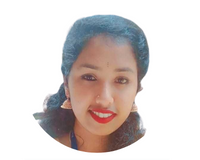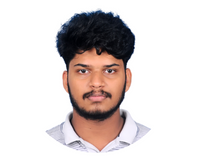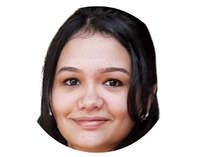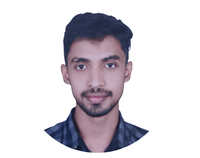HEAD OF THE DEPARTMENT

Dr. SAVITHA C K
B.E, M.Tech, Ph.D
cksavithaharish@gmail.com
08257-231141 Ext: 5247
Computer Science & Engineering (AI & ML)
Al and ML course is dedicated to research, development and application of that shape the future of technology and society. This course plays a crucial role in advancing the field of AL and ML, contributing to various domain such as healthcare, finance, robotics, natural language processing, computer vision and more.
To produce competent Artificial Intelligence and Machine Learning graduates who can work globally for industries and organizations including research and development with social responsibility
M1: To create competent and skilled experts in the field of machine learning and artificial intelligence in multidisciplinary area.
M2: To offer students with interdisciplinary skill sets to be able to build intelligent systems which will enable them to pursue exciting and promising careers in global firm.
M3: To work together with business and research facilities to develop projects that will allow students ready for industry environment.
PEO 1: Apply engineering basics to analyze engineering challenges through the application of mathematical and algorithmic principles for real-life technology projects.
PEO 2: Apply skills such as analyzing, designing, implementing, and testing in major and minor projects.
PEO 3: Exhibit collaborative abilities in engineering projects, including communication skills, and the ability to work independently or in a team with a sense of social responsibility.
PEO 4: Initiate the acquisition of technological knowledge and skills required for meaningful contributions as experts in the chosen profession.
The department of Computer Science and Engineering was established in the year 1991 with anannual intake of 60 students for undergraduate program. The main focus of the department is to produce graduates & post graduates with strong fundamentals in Computer Science and Engineering domain. The course is outcome-based education with choice-based credit system to help students to achieve their goal.At present the department has a student intake of 120 for the bachelor degree and 18for the M. Tech in Computer Science and Engineering
The Research Centre in the department is started in the year 2010 under VTU, Belagavi. The research areas of center include machine learning, cloud computing, big data analytics, wireless networks, image processing etc. There are 5 registered guides and 15 research scholars working in the research centre. Fifteen well qualified and dedicated eminent faculty members with5doctorates are serving in the department. The department has achieved two university ranks in UG.
The department also has 5 state of art laboratories with the best in class facilities for the students to carry out their laboratory activities and project works using both proprietary software and hardware. Apart from that, the department also has a centralized computer center. All computers are connected with 200 Mbps internet to meet the browsing requirement of students. The department is frequentlymaintaining and upgrading thesoftware &hardware of the computers in the college. The department has provided separate faculty cabins and Wi-fi hotspots in each class rooms, laboratories and faculty cabins.
The department has a student association CENSA (Computer Engineering Students Association) to encourage the students in technically and build the leadership quality in students. Every year a national level technical fest “NGAGE-IT” is organized for students under the banner of CENSA. The departmental newsletter “VAGVIDHEYA” whichreflects the clear picture of all sorts of activities undertaken by thedepartment is brought out every semester.
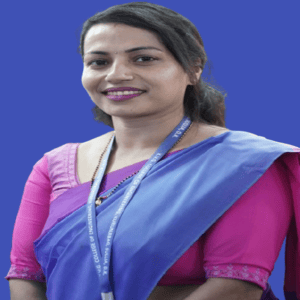
Dr. Savitha C K
HOD, Professor B.E, M.Tech, Ph.D
Experience: 22 years
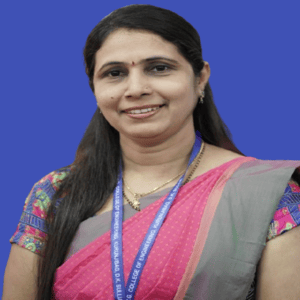
Dr. Bhagyajyothi K L
Associate Professor MCA, M.Tech, Ph.D
Experience: 22 years
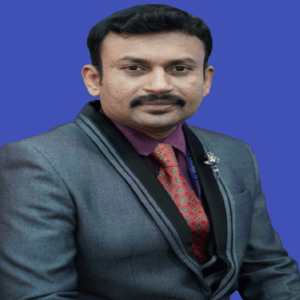
Prof. Venkatesh U C
Associate Professor B.E, M.Tech, (Ph.D)
Experience: 19 years
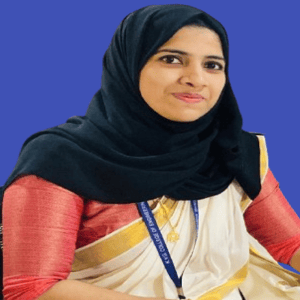
Prof. Naseema C A
Assistant Professor B.E, M.Tech
Experience: 04 years

Prof. Prajna S N
Assistant Professor MCA
Experience: 08 years
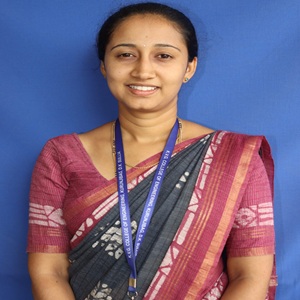
Prof. Ashwitha A
Assistant Professor MCA
Experience: 02 years

Mr. KIRAN B B
Lecturer B.E
Experience: 02 years

Dr. Savitha C K
HOD, Professor B.E, M.Tech, Ph.D
Experience: 22 years

Dr. Bhagyajyothi K L
Associate Professor MCA, M.Tech, Ph.D
Experience: 22 years

Prof. Venkatesh U C
Associate Professor B.E, M.Tech, (Ph.D)
Experience: 19 years

Prof. Naseema C A
Assistant Professor B.E, M.Tech
Experience: 04 years

Prof. Prajna S N
Assistant Professor MCA
Experience: 08 years

Prof. Ashwitha A
Assistant Professor MCA
Experience: 02 years

Mr. KIRAN B B
Lecturer B.E
Experience: 02 years

Mr. Amruthesh H S
Lab instructor PUC, Diploma
Experience: 10 years

Mrs. Kavitha
Foreman B.E
Experience: 01 years
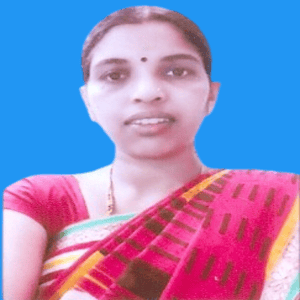
Mrs. Latha PK
Lab Instructor DCS
Experience: 11 years
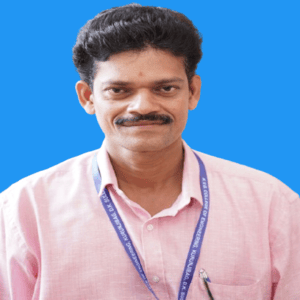
Mr. Theertharama K
Lab Instructor ITI, BA, PGDCA
Experience: 18 years
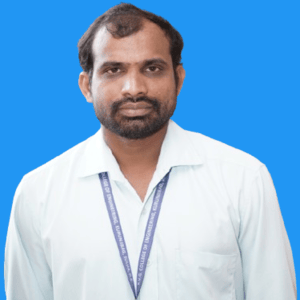
Mr. Murali S N
Attender PUC
Experience: 19 years

Mr. Rajesh G
Computer Maintenance ITI
Experience: 04 years

Mr. Amruthesh H S
Lab instructor PUC, Diploma
Experience: 10 years

Mrs. Kavitha
Foreman B.E
Experience: 01 years

Mrs. Latha PK
Lab Instructor DCS
Experience: 11 years

Mr. Theertharama K
Lab Instructor ITI, BA, PGDCA
Experience: 18 years

Mr. Murali S N
Attender PUC
Experience: 19 years

Mr. Rajesh G
Computer Maintenance ITI
Experience: 04 years
By the end of the undergraduate programme in CSE, graduates will be able to:
- Apply the knowledge of mathematics, science, engineering fundamentals, and engineering specialization to solve complex engineering problems.
- Identify, formulate, review research literature, and analyze complex engineering problems using principles of mathematics, natural sciences, and engineering sciences.
- Design solutions for complex engineering problems and develop system components or processes that meet specified needs, considering public health and safety, as well as cultural, societal, and environmental factors.
- Use research-based knowledge and methodologies, including experimental design, data analysis and interpretation, and information synthesis to arrive at valid conclusions.
- Create, select, and apply appropriate techniques, resources, and modern engineering and IT tools, including predictive modeling, while understanding their limitations.
- Apply contextual knowledge to assess societal, health, safety, legal, and cultural issues and understand the associated responsibilities in professional engineering practice.
- Understand the impact of professional engineering solutions in societal and environmental contexts and recognize the importance of sustainable development.
- Apply ethical principles and uphold professional ethics, responsibilities, and norms of engineering practice.
- Work effectively as an individual and as a member or leader in diverse and multidisciplinary teams.
- Communicate effectively on complex engineering activities with the engineering community and with society at large through reports, design documentation, presentations, and clear instructions.
- Demonstrate knowledge of engineering and management principles and apply them in team settings to manage projects and work in multidisciplinary environments.
Recognize the need for, and possess the ability to engage in, independent and life-long learning in the context of technological advancements.
By the end of the undergraduate programme in CSE, graduates will be able to:
- Specify, design, build, and test analog, digital, and embedded systems for signal processing.
- Understand and architect wired and wireless analog and digital communication systems as per specifications, and evaluate their performance.
- Exhibit skills necessary for a successful career in the industry by applying principles of software project management, teamwork, and ethical practices, while fostering an entrepreneurial mindset and contributing innovative ideas for analysis.
- Experienced and dedicated faculty members
- Recognized research Centre (VTU-Ph.D)
- Well equipped laboratories with more than 150 computers
- Separate department library with more than 700 books
- Department association CENSA (Computer Engineering Students Association)
- Wi-Fi Internet connection for students and faculties with 200Mbps
- Classrooms with Power Point Projector
Skill Enhancement Activity
ANEXSA INAUGURAL FUNCTION AND FRESHER’S WELCOME FUNCTION
Full Stack Development workshop -2025
HackNex 2025
WORKSHOP ORGANIZED
KVGCE-STUDENTS CLUB “COGNEX” Cognitive Nexus
FDP on Python – A Practical Approach
Workshop on Full Stack Development
Technical talk Tech-Talks
‘C’ Programming Lab: Dedicated lab for mastering the basics of C programming, essential for understanding computer science fundamentals.
Data Structures Lab: Provides hands-on experience with data structures, crucial for efficient algorithm design and software development.
Electronics Circuits And Logic Design Lab: Focuses on the practical aspects of electronic circuits and logic design, bridging the gap between hardware and software.
Design and Analysis of Algorithms Lab: Equips students with the skills to design, analyze, and optimize algorithms for various computational problems.
Microprocessors Lab: Offers practical knowledge of microprocessor architecture and programming, vital for embedded systems development.
Database Applications Lab: Facilitates the study and application of database management systems, essential for data organization and retrieval.
System Software And Operating Systems Lab: Covers the development and management of system software and operating systems, key for understanding computer operations.
Computer Graphics Lab: Provides experience with computer graphics, enabling students to create and manipulate visual content.
Unix System Programming And Compuware Design Lab: Focuses on Unix system programming and comprehensive software design, preparing students for diverse operating environments.
Networks Lab: Dedicated to the study of computer networks, emphasizing the design, implementation, and management of network systems.
Web Programming Lab: Teaches web development technologies and practices, essential for building modern web applications.
Project Lab: Supports student projects, fostering innovation and practical application of theoretical knowledge.
Research Lab: Encourages research activities, providing resources and guidance for advanced study in computer science.
Python Programming Lab: Offers training in Python programming, known for its simplicity and power in various applications.
MATLAB: Provides tools for numerical computing and simulation, useful for engineering and scientific research.
Centre of Excellence: A hub for advanced learning and innovation, offering specialized programs and resources.
XILINX: Equipped with Xilinx tools for FPGA development, supporting hardware design and verification.
Multisim: Offers simulation software for electronic circuits, aiding in the design and testing of complex circuits.
ARM Cortex/Keil/Flash Magic: Provides resources for ARM Cortex development, including Keil and Flash Magic tools, essential for embedded systems.
Funded Projects: Showcases projects funded by external agencies, highlighting the department's research capabilities.
Smart Classroom: Modern classroom equipped with the latest technology to enhance the learning experience.
Department Library: Contains a wide range of books, journals, and digital resources specific to computer science.
Department Seminar Hall: A venue for seminars, workshops, and guest lectures, fostering knowledge sharing and community building.
Department Association (CENSA): The Computer Engineering Students Association (CENSA) organizes various events, enhancing student engagement and learning.
Placement 2025-26
Placement 2023-24


